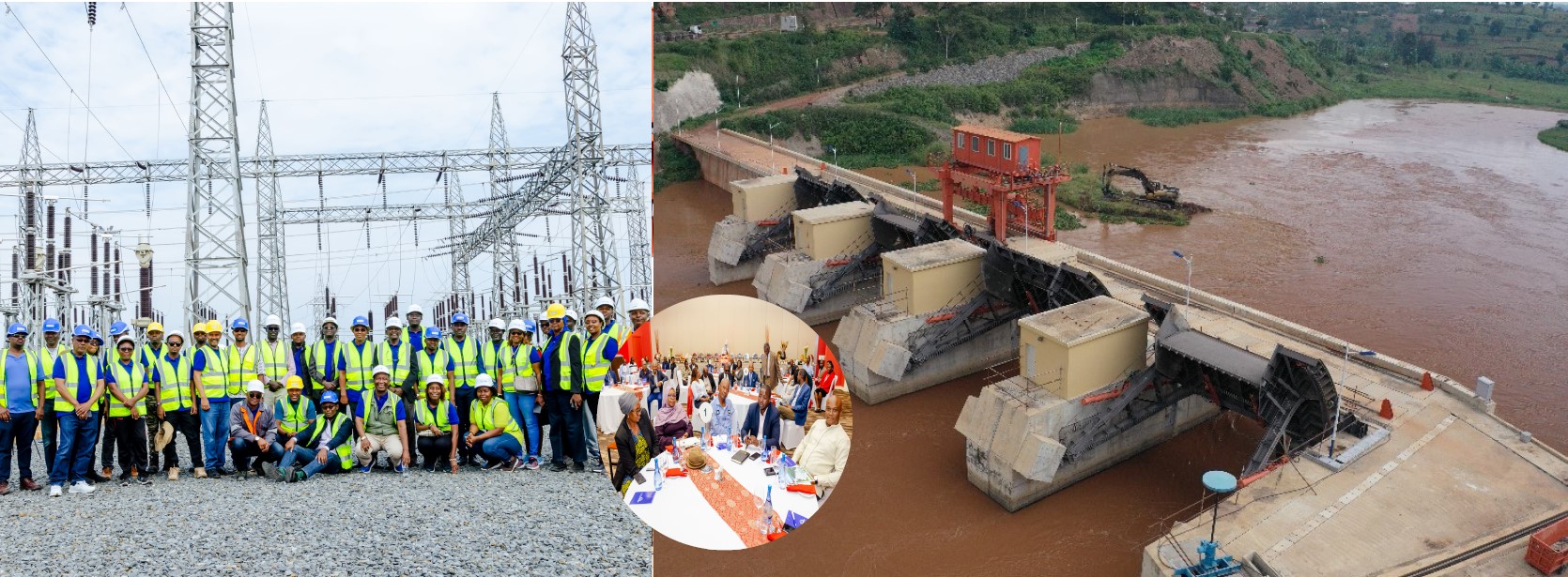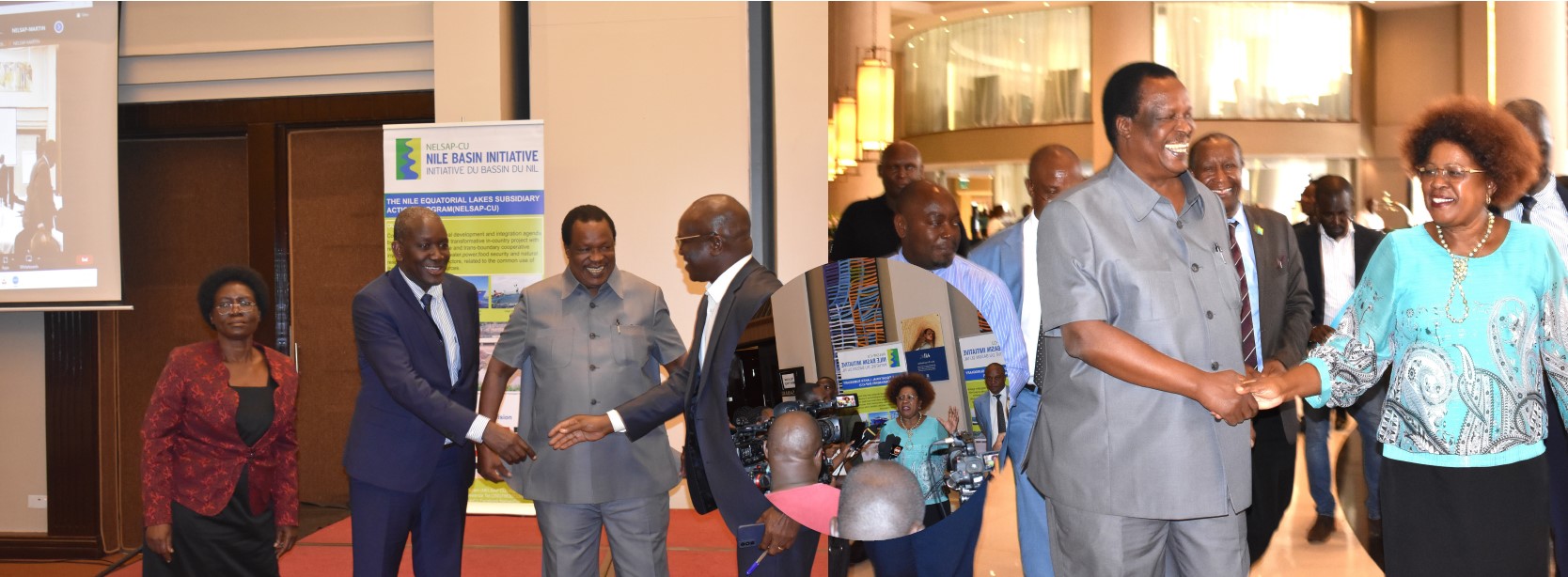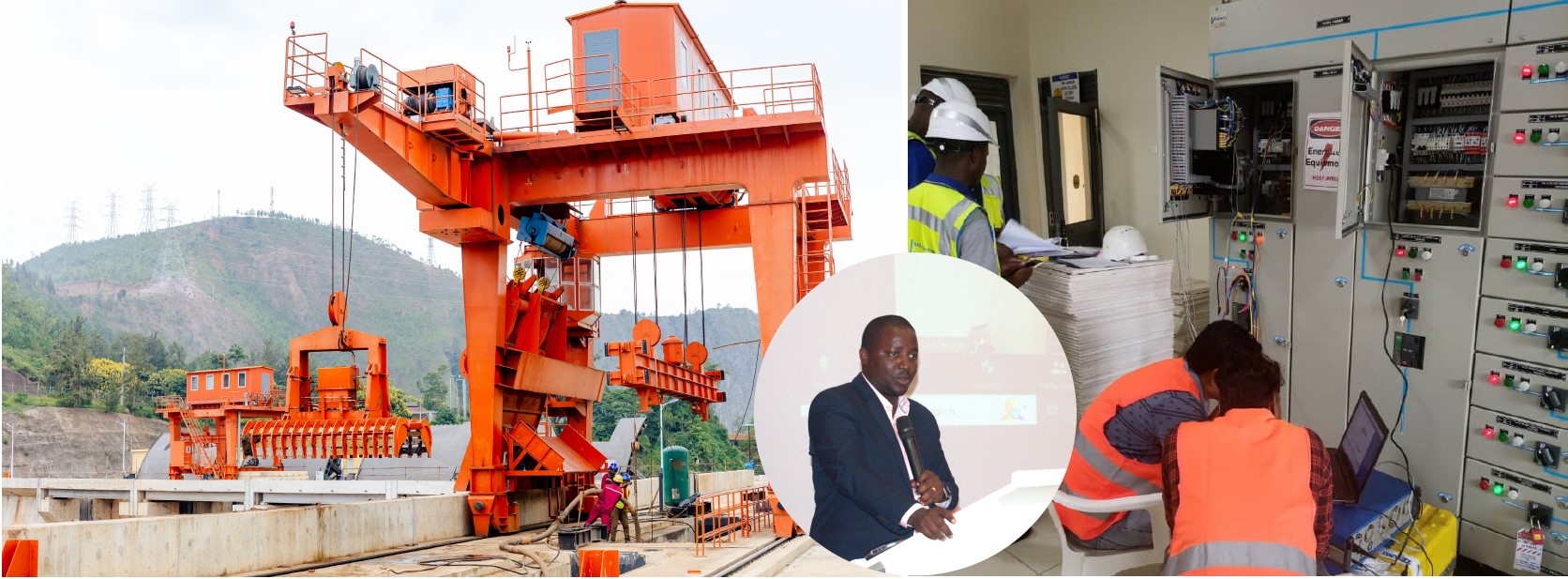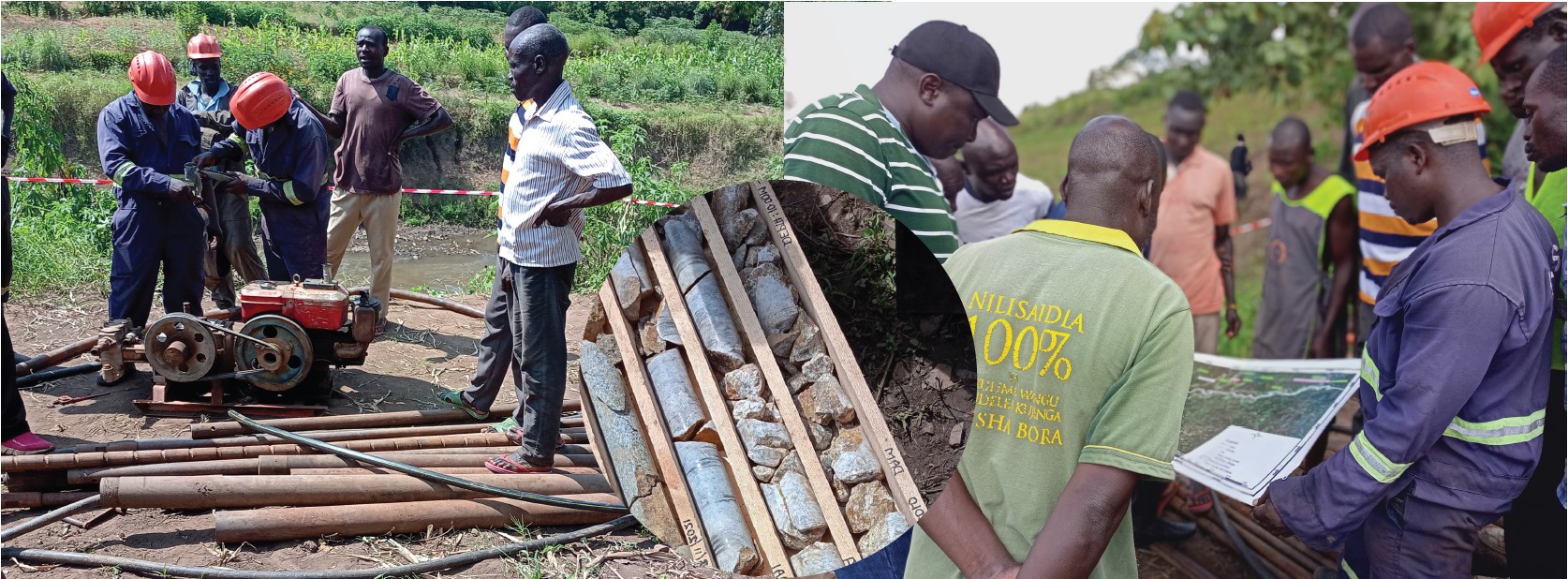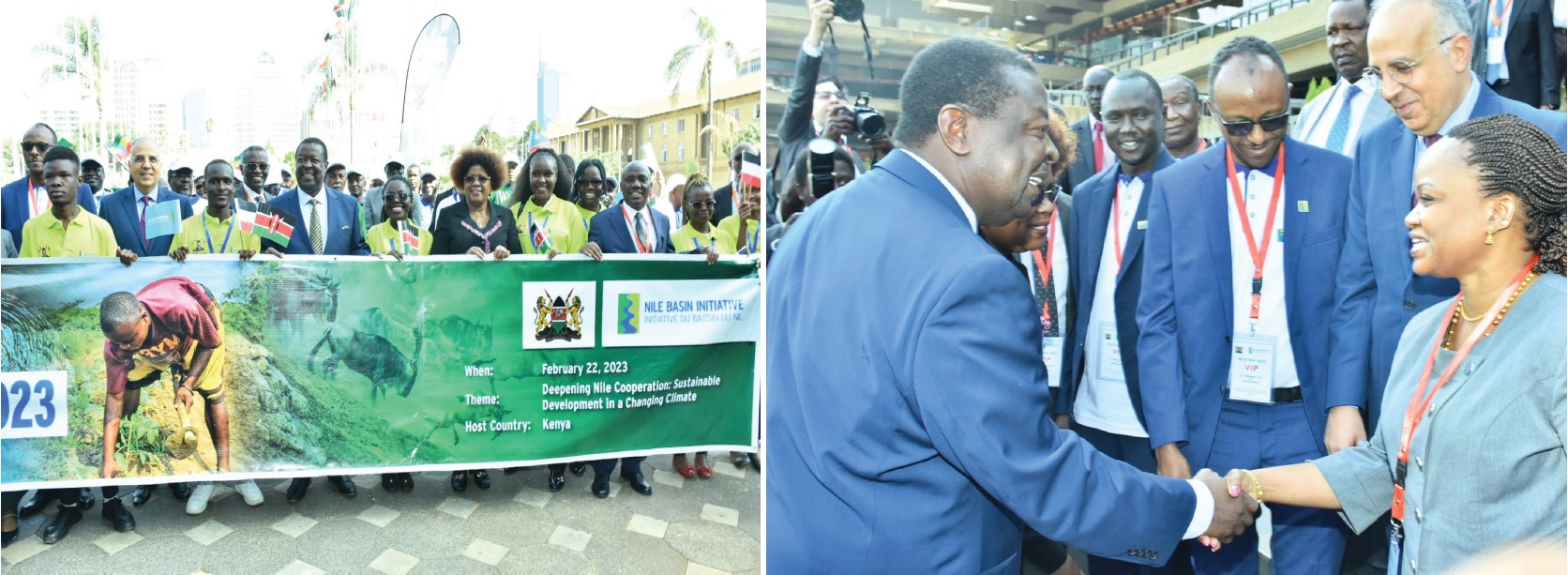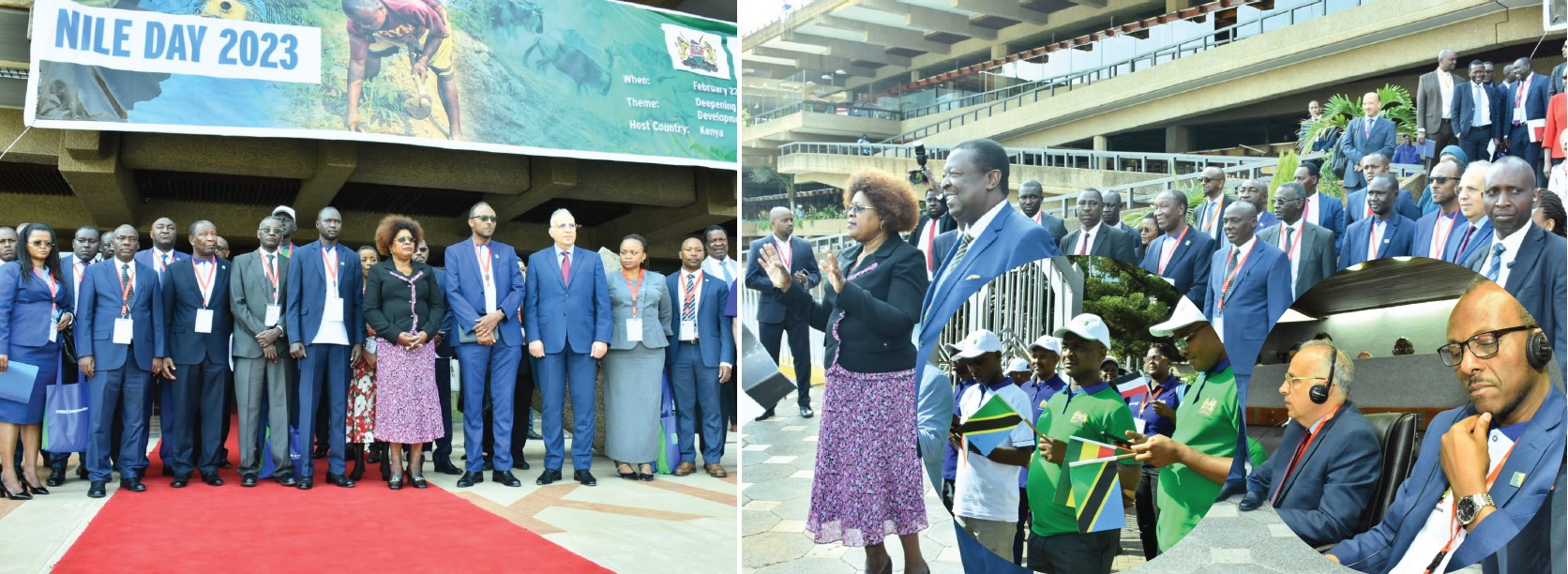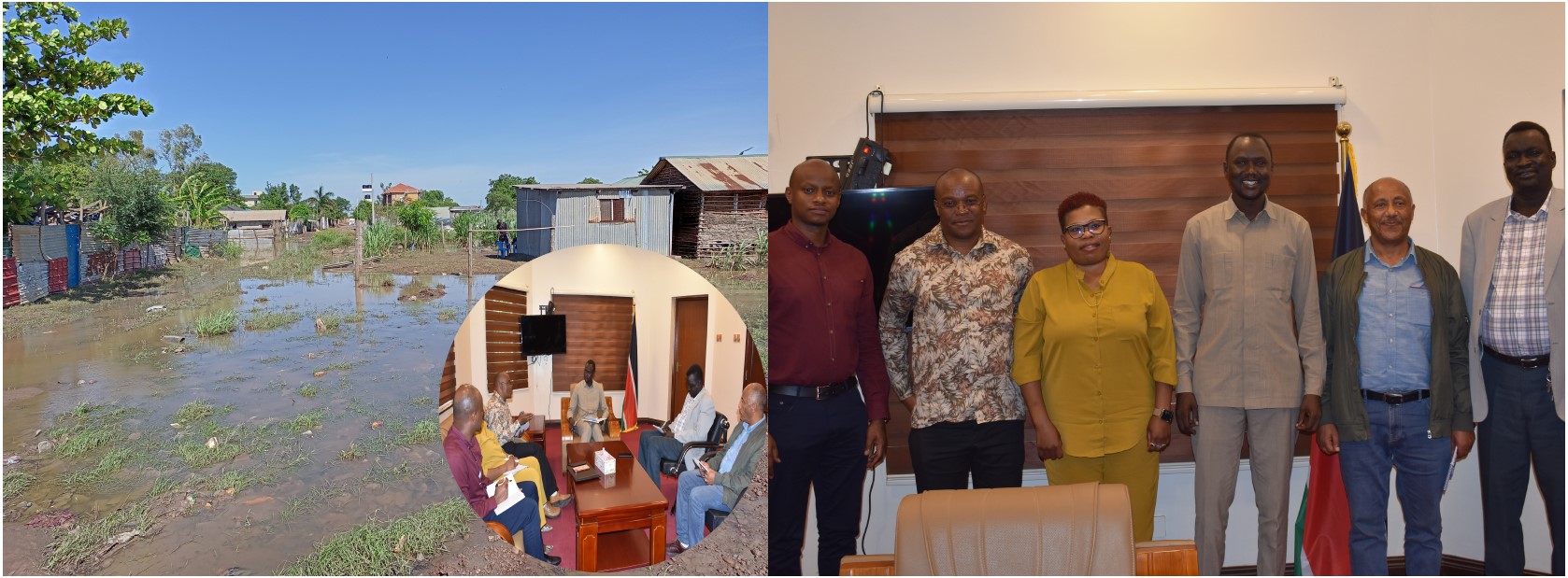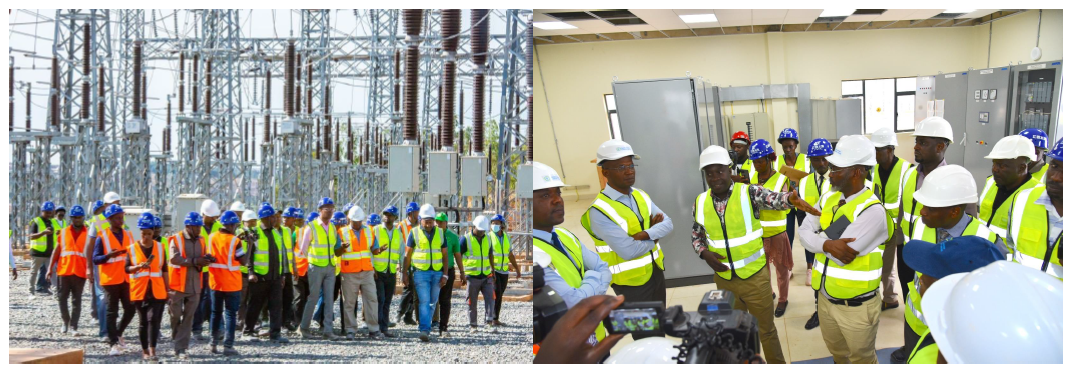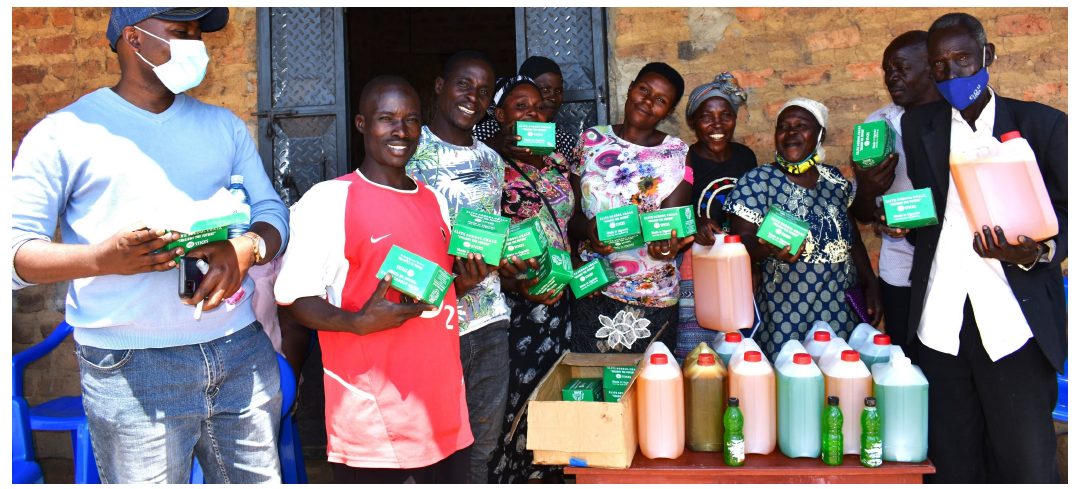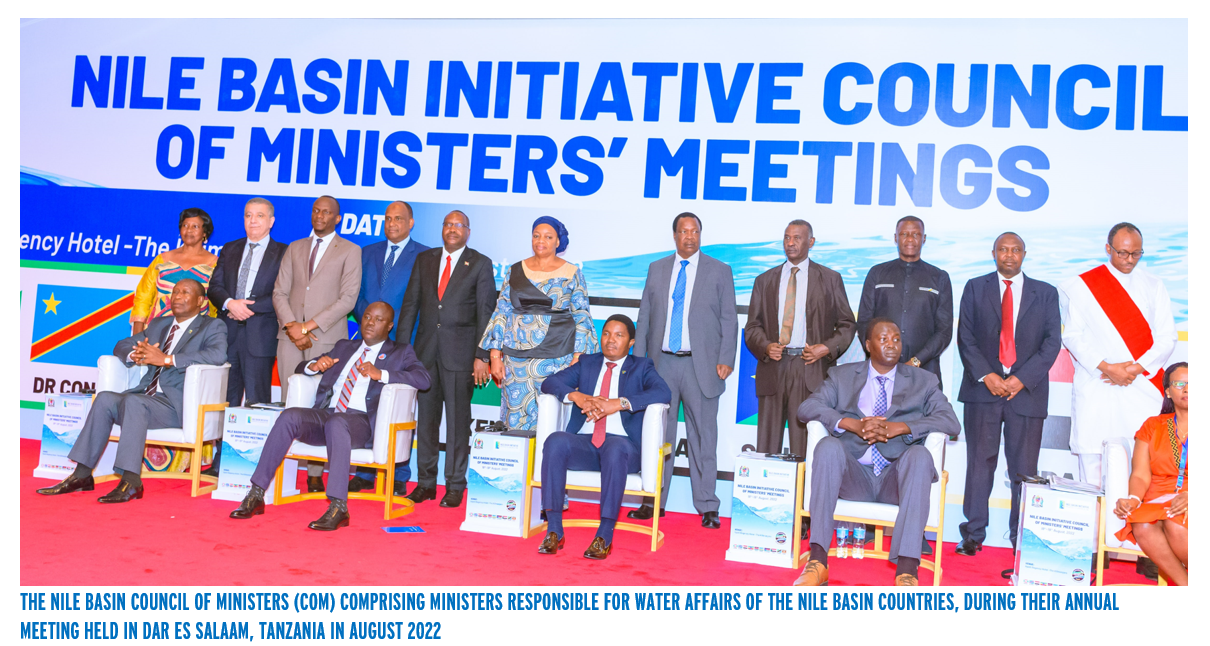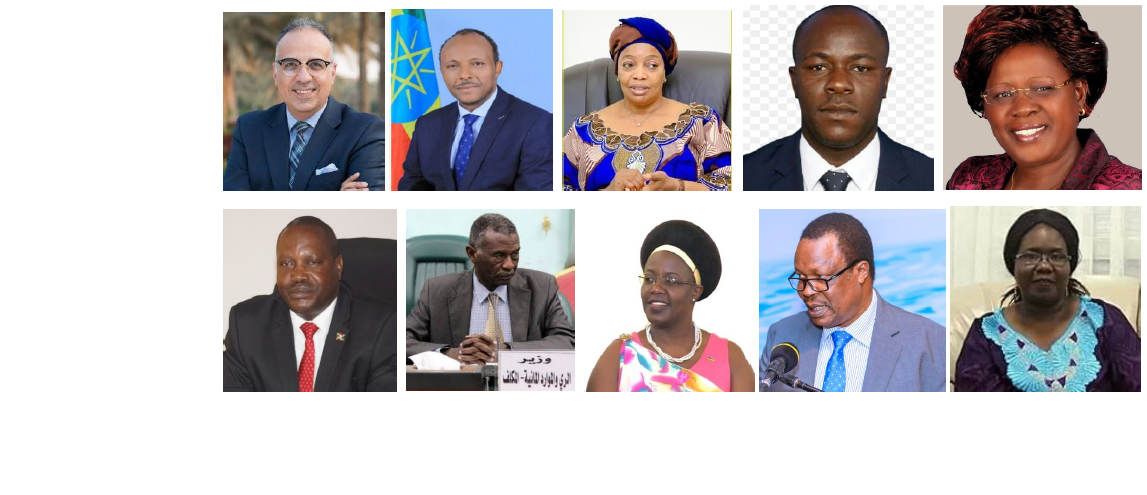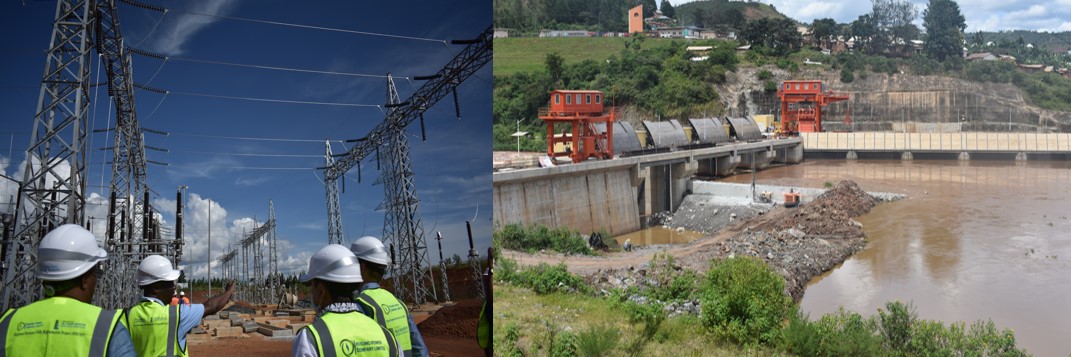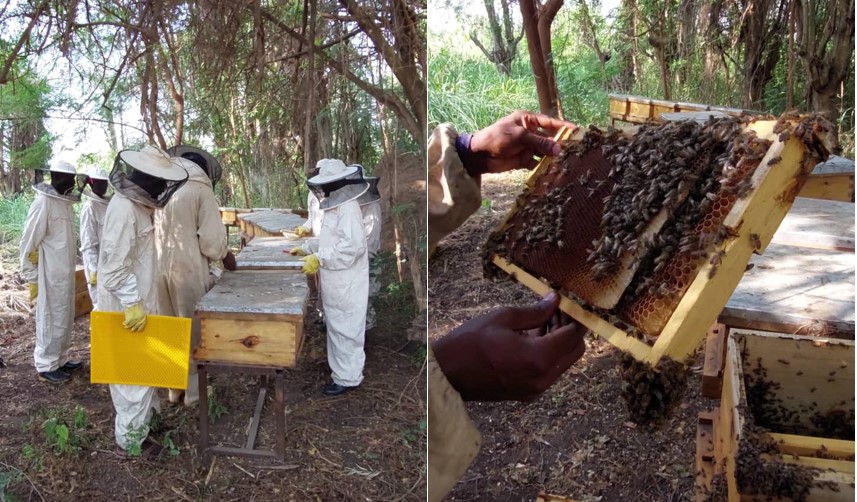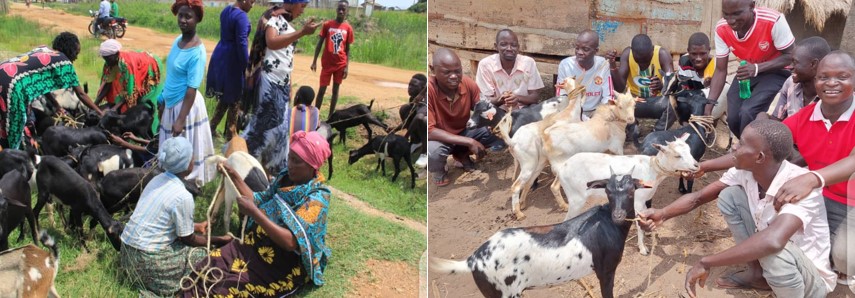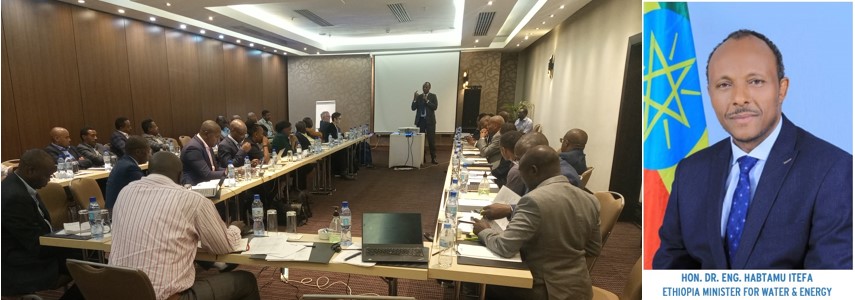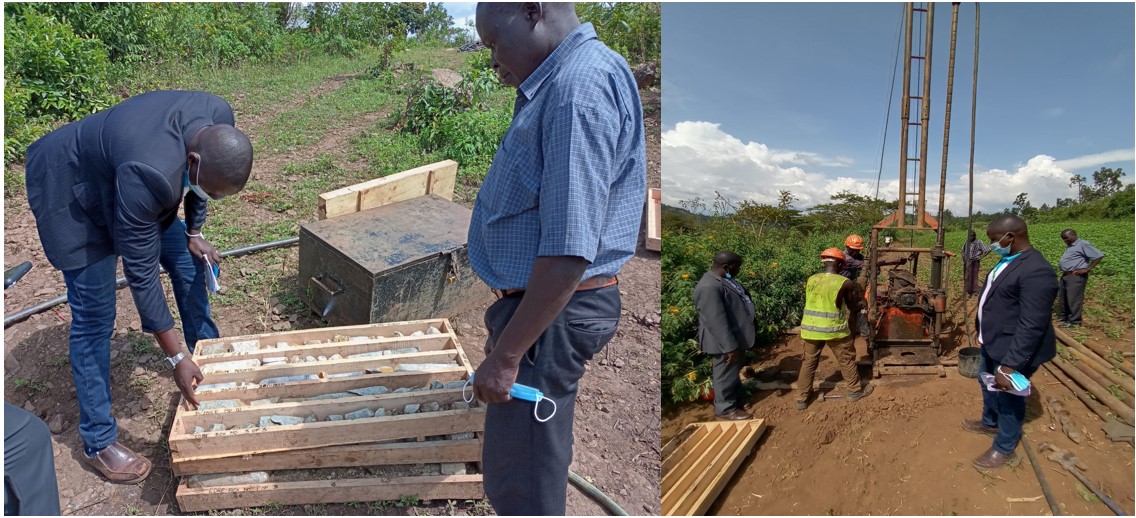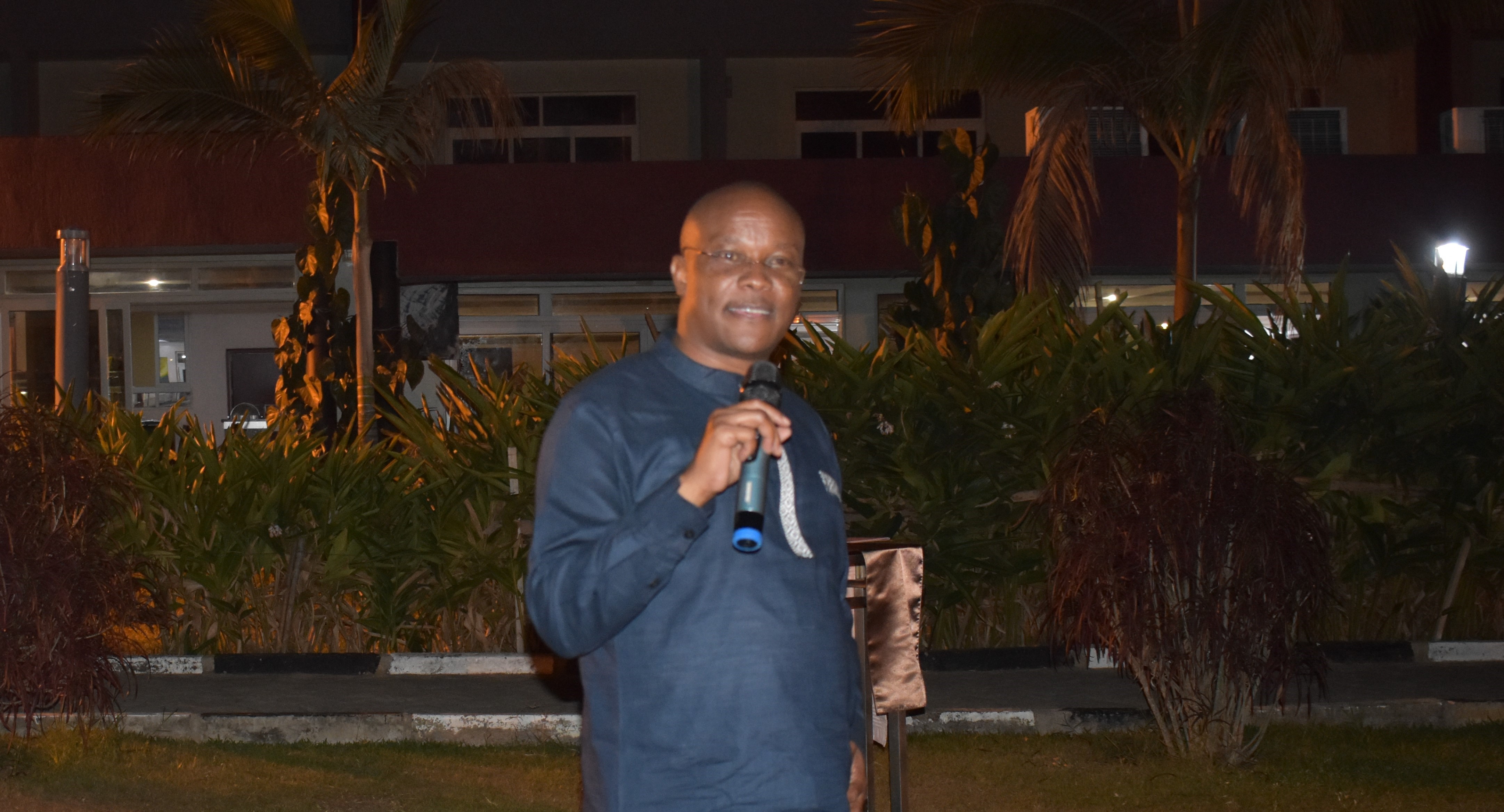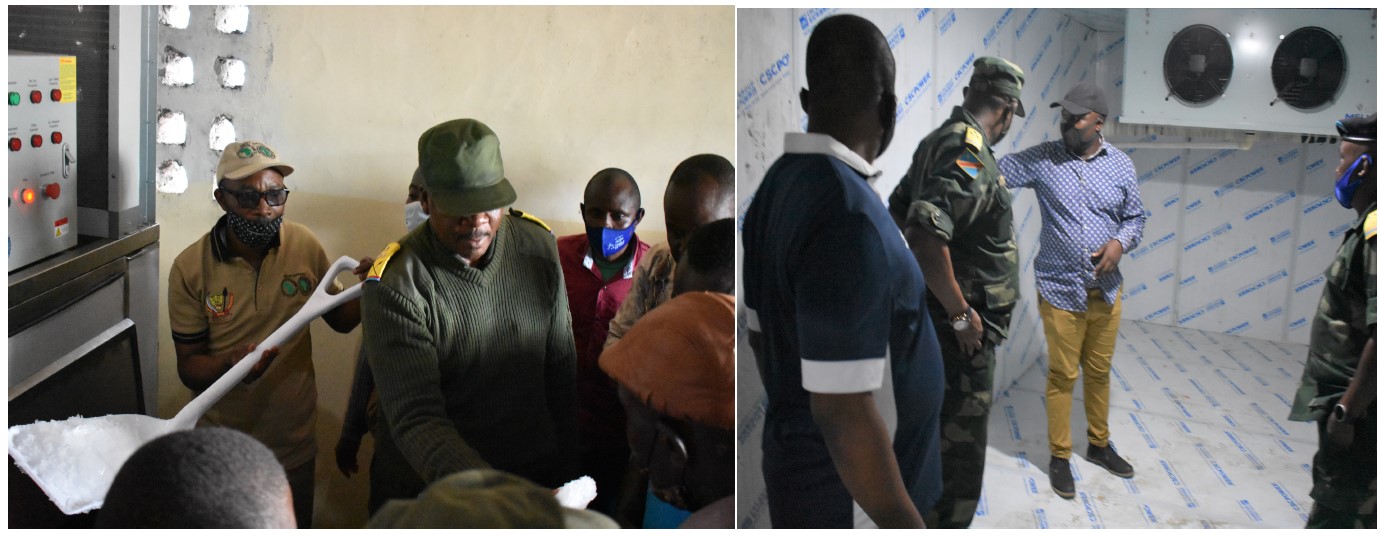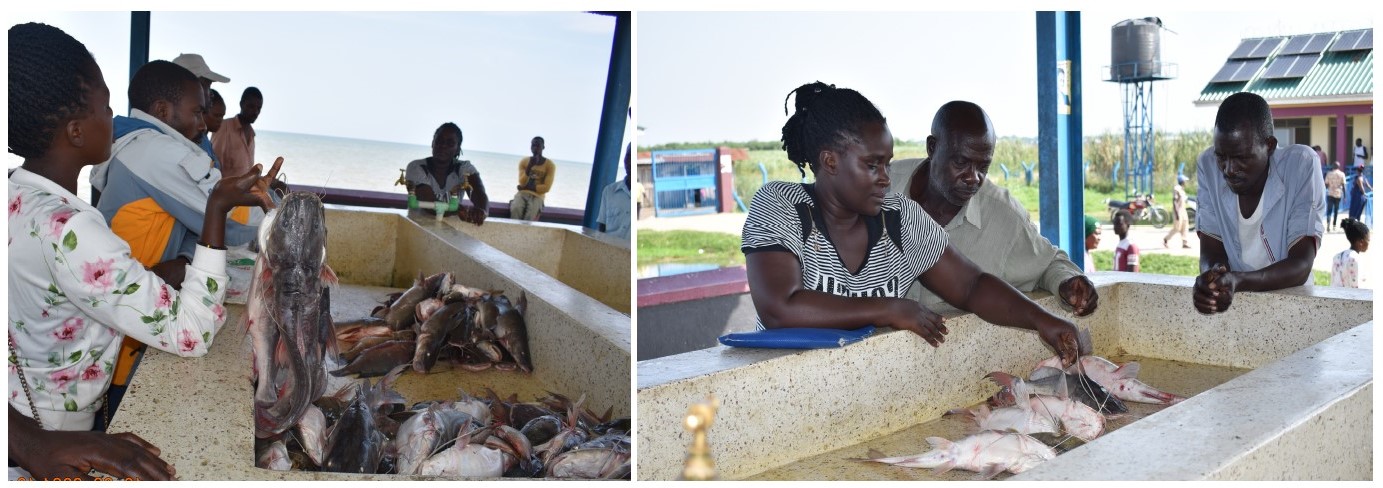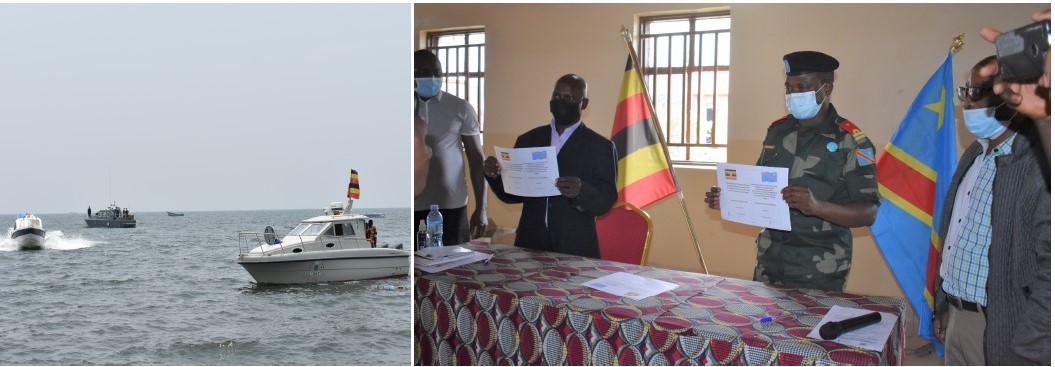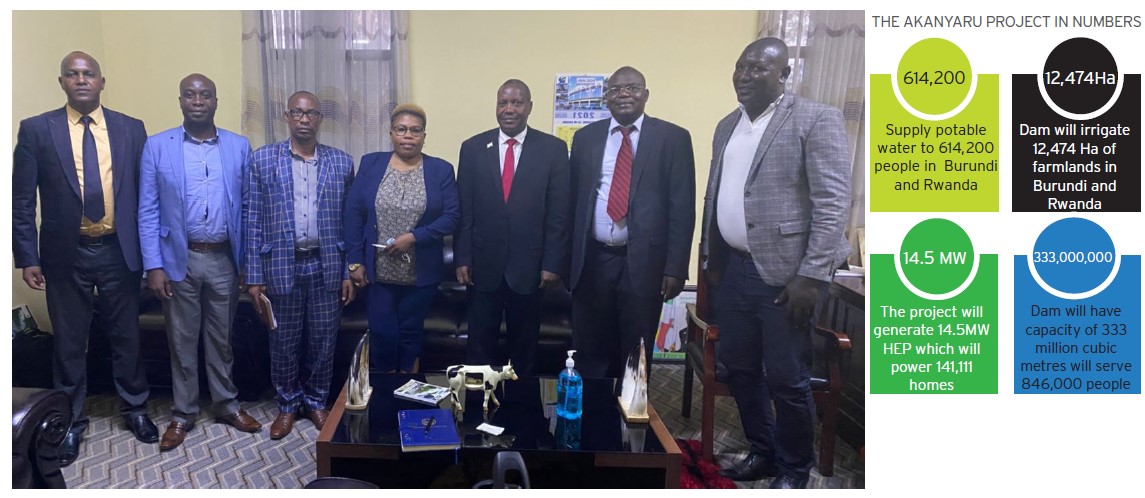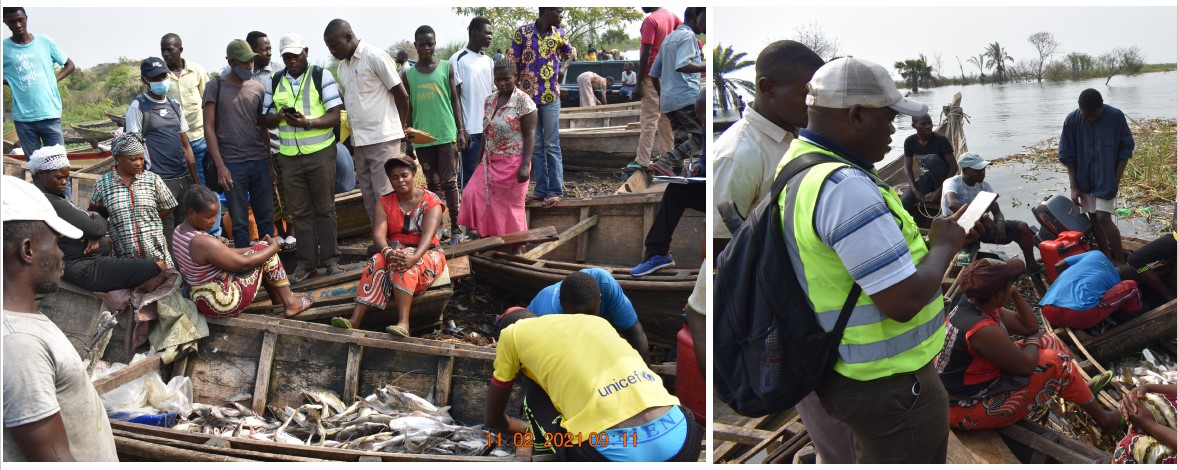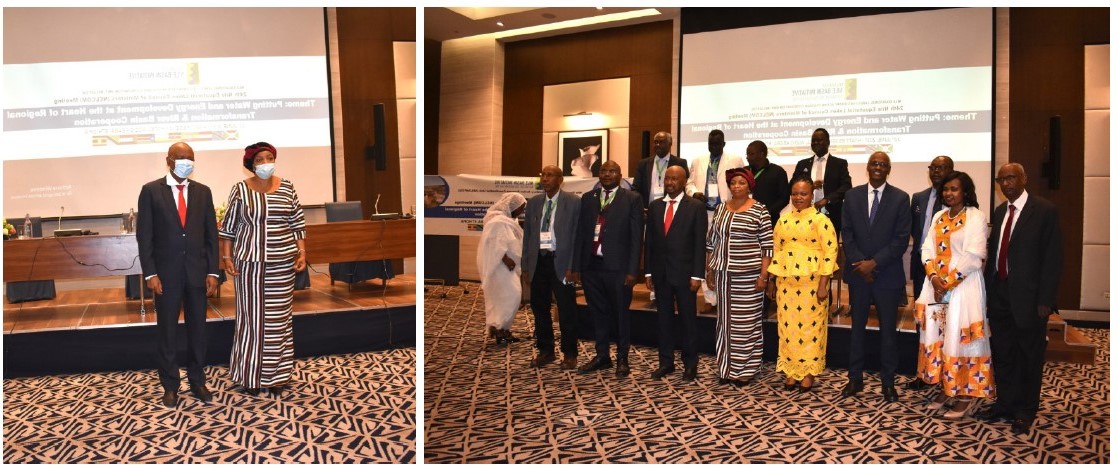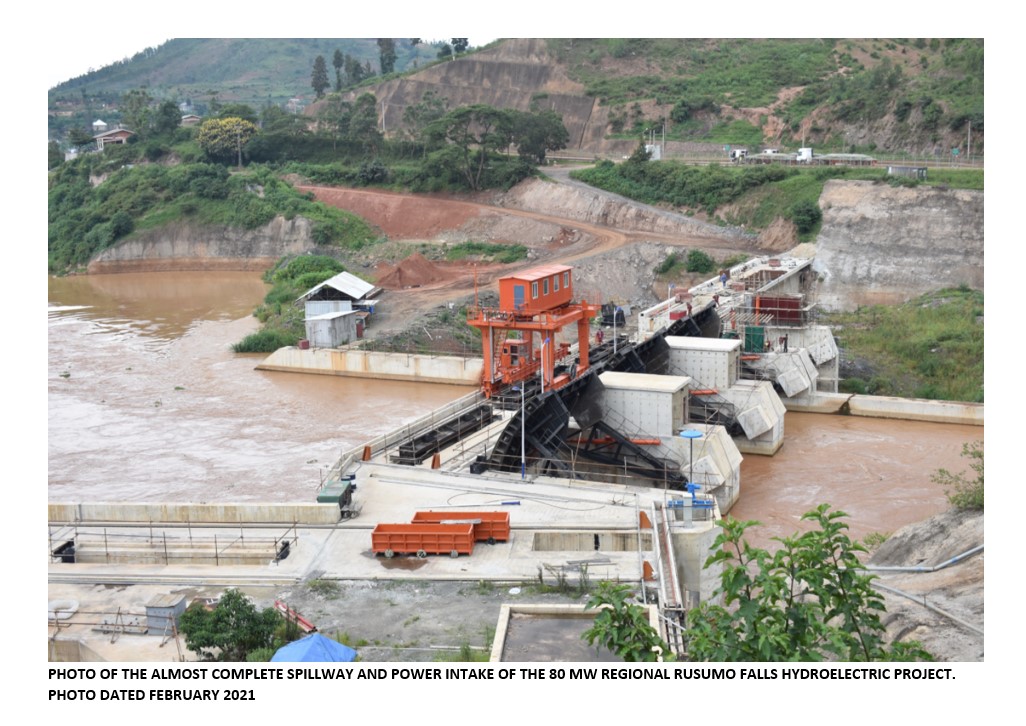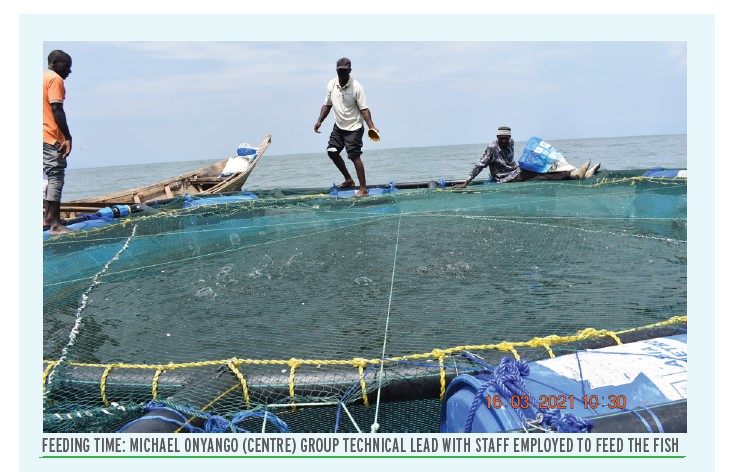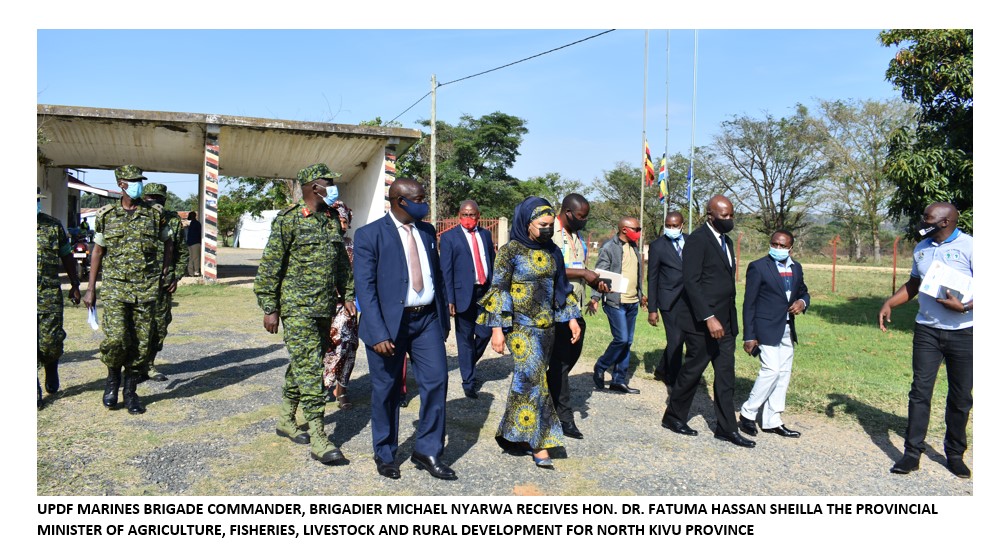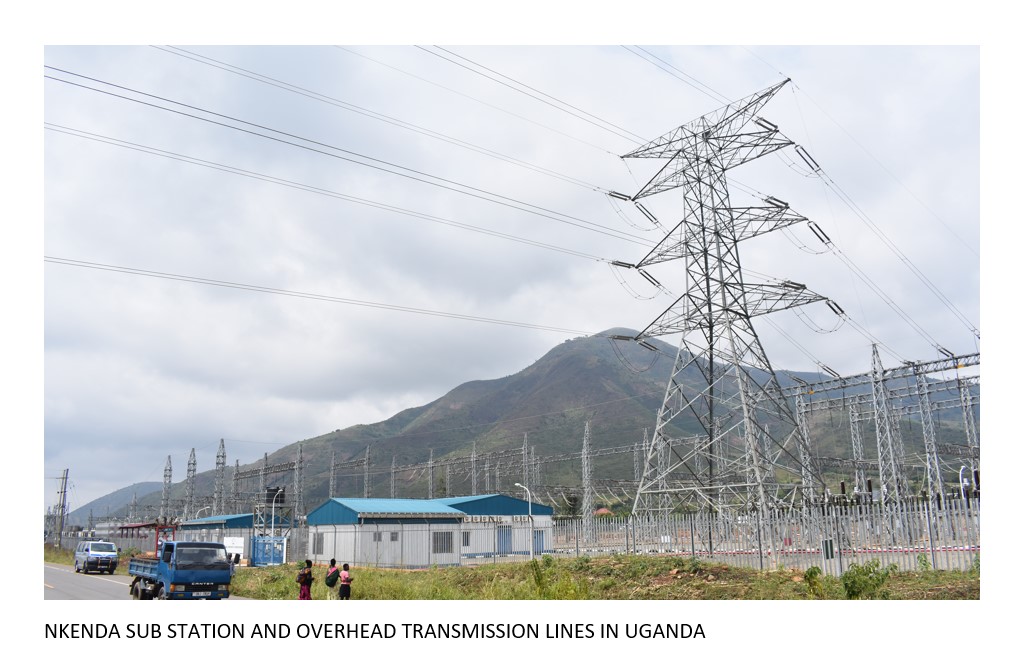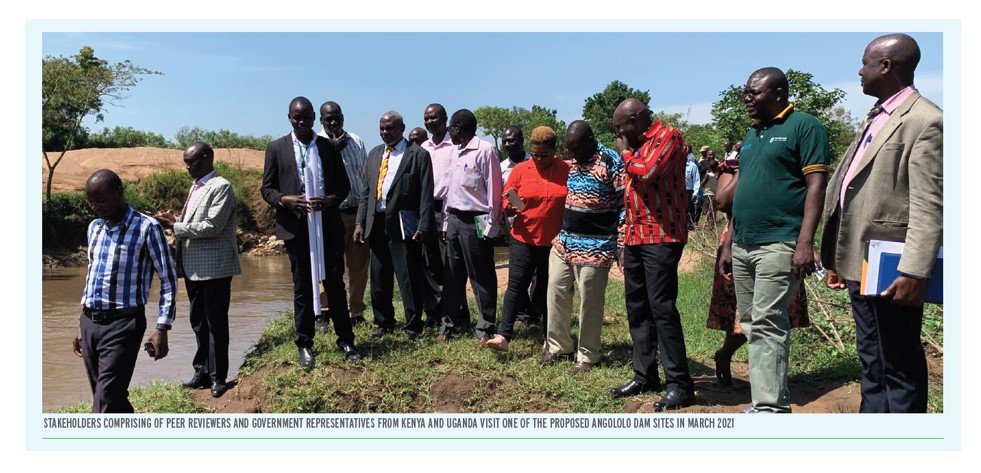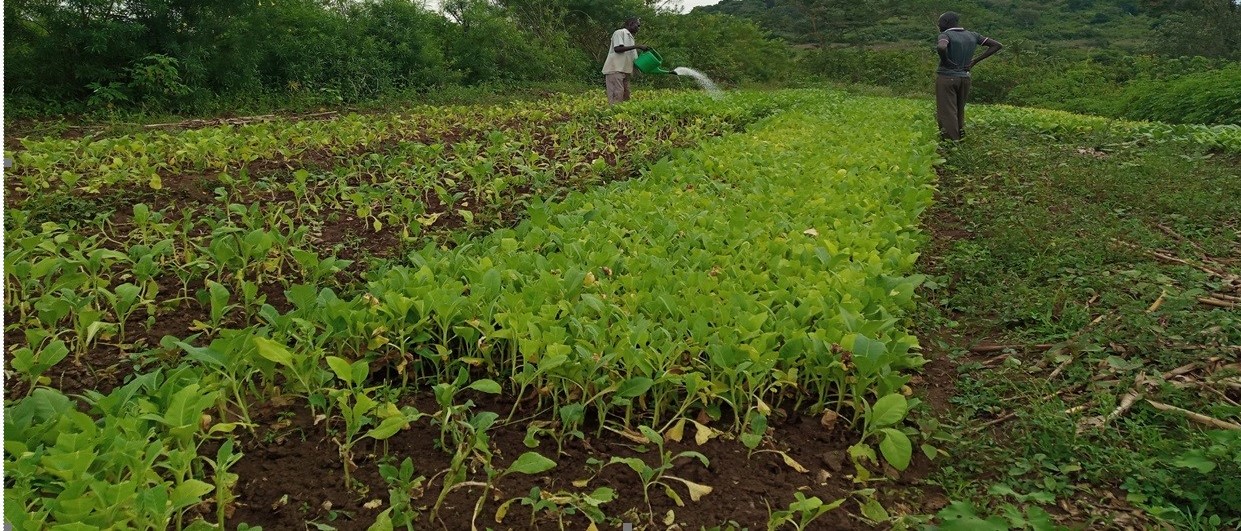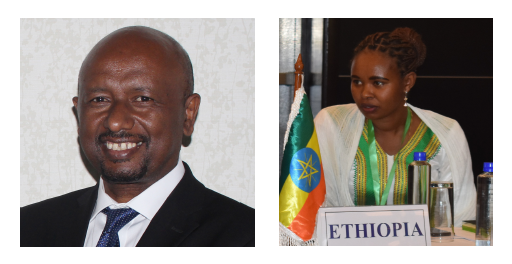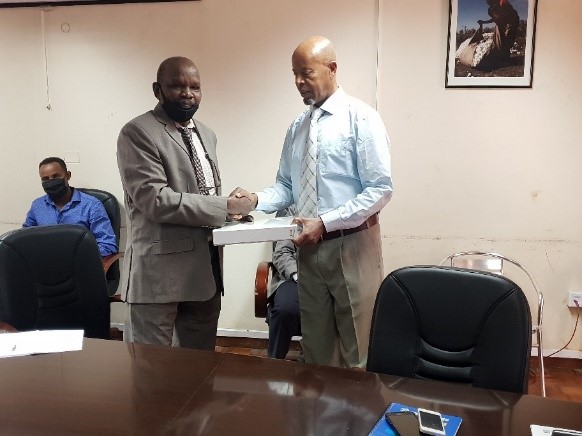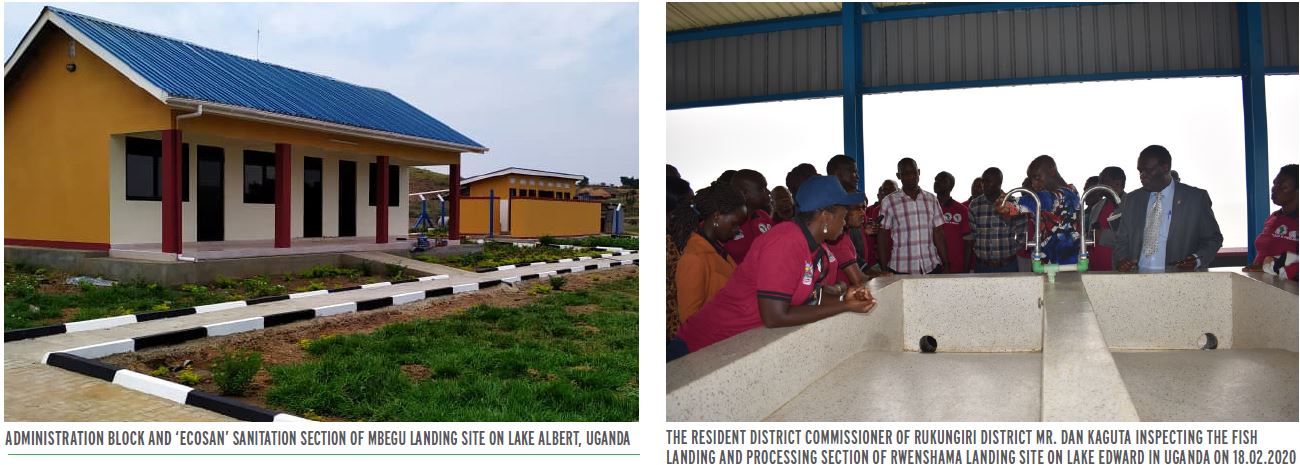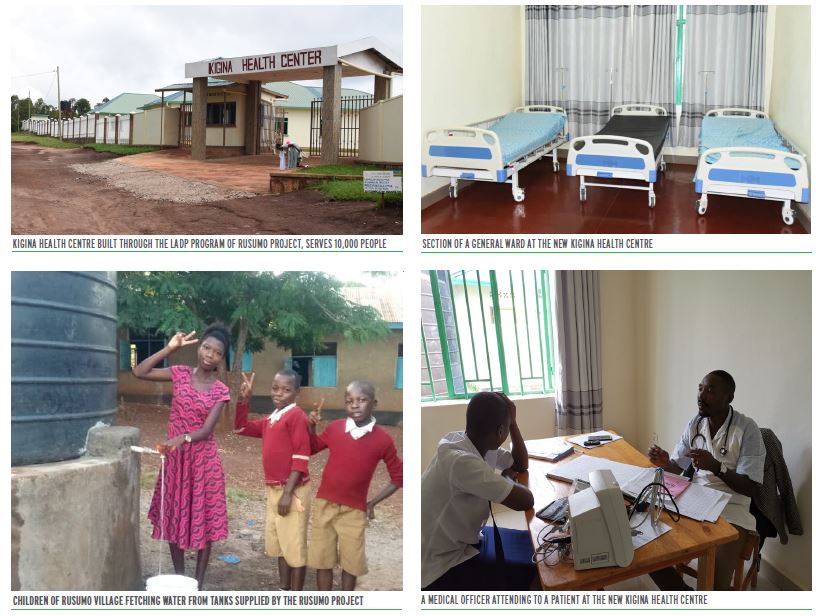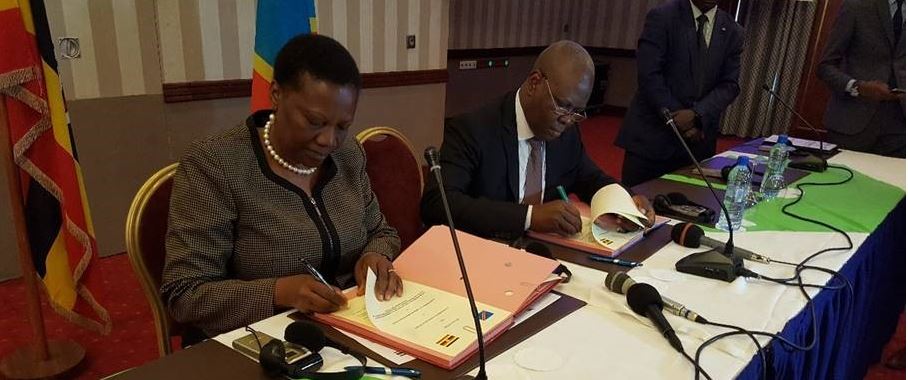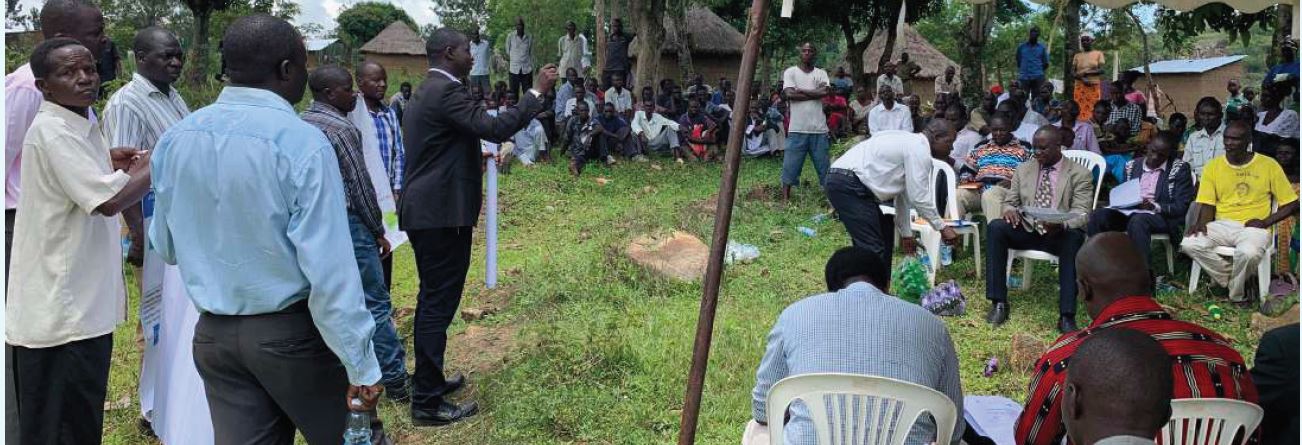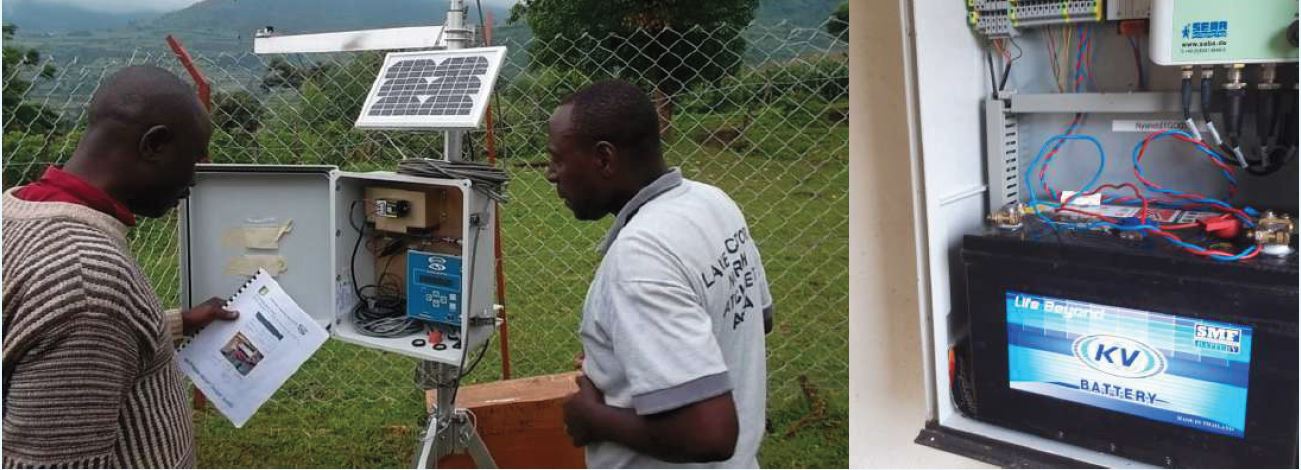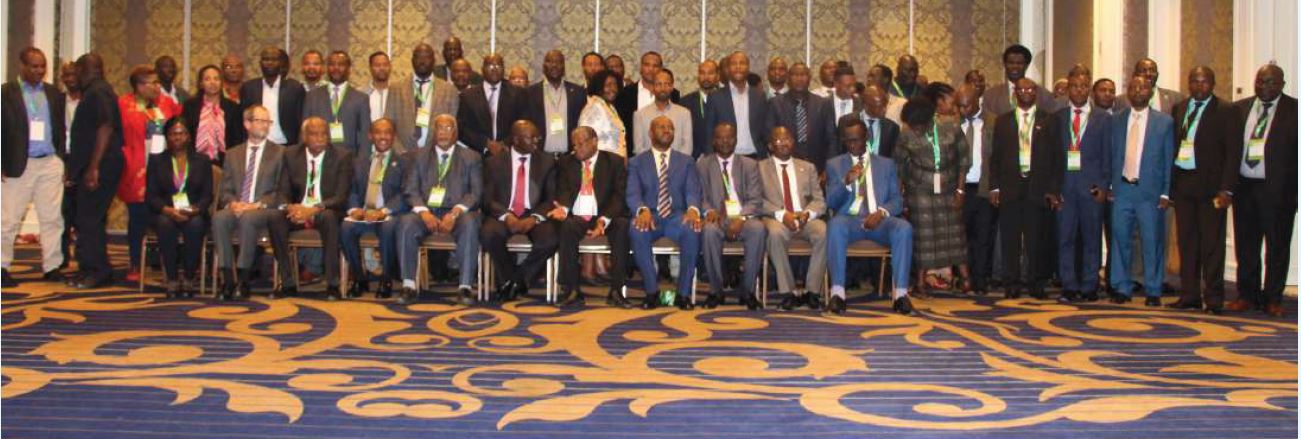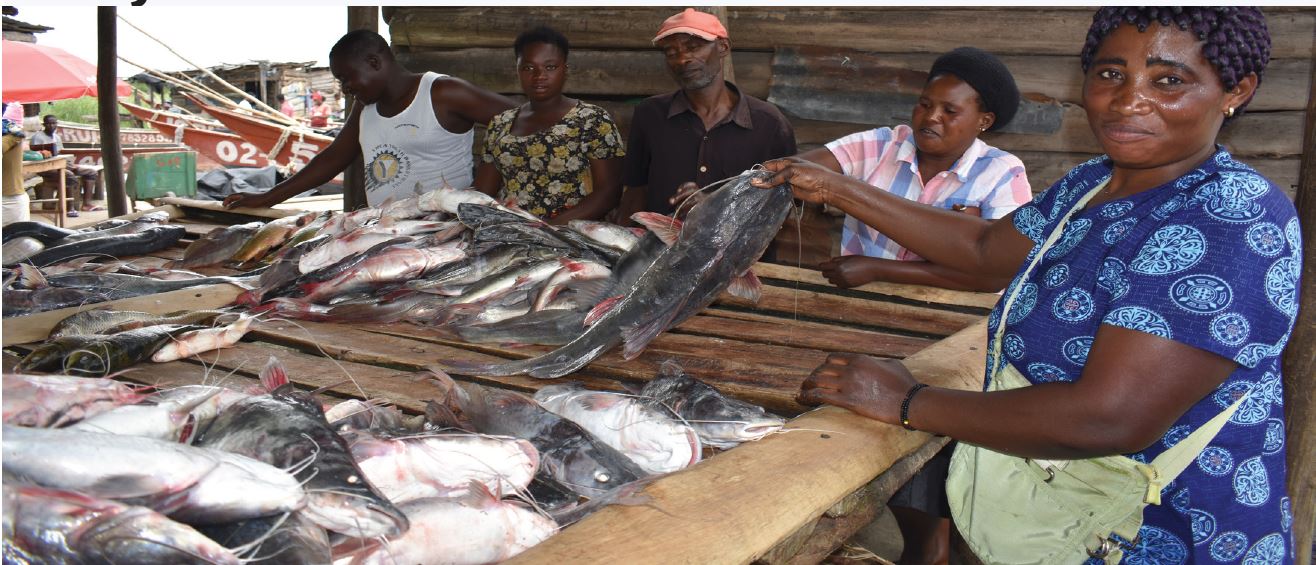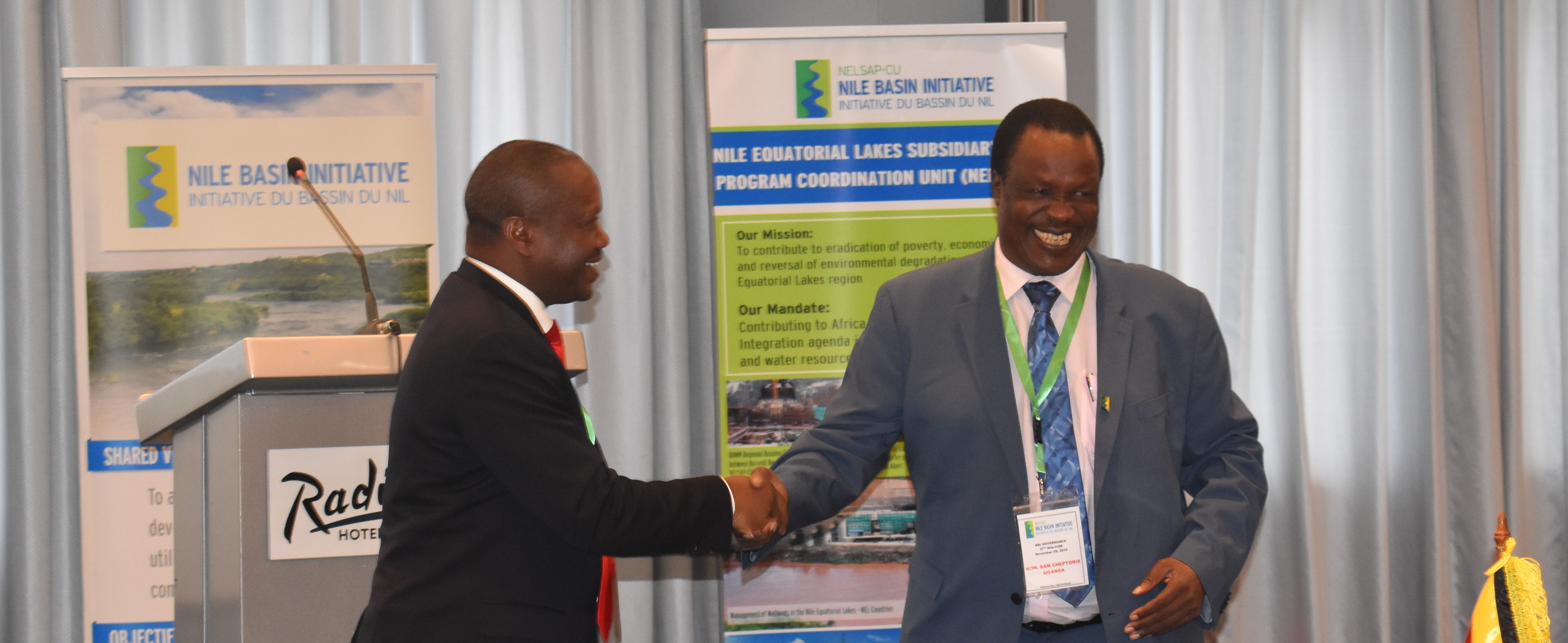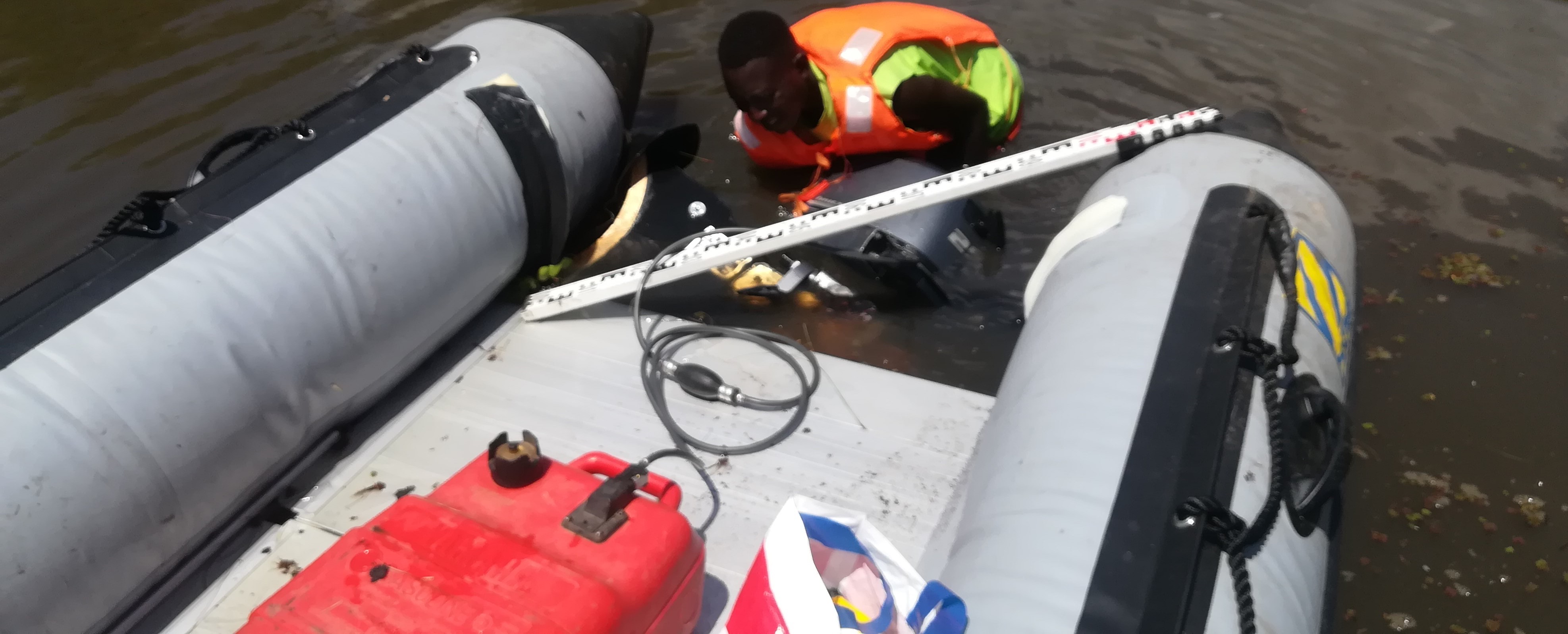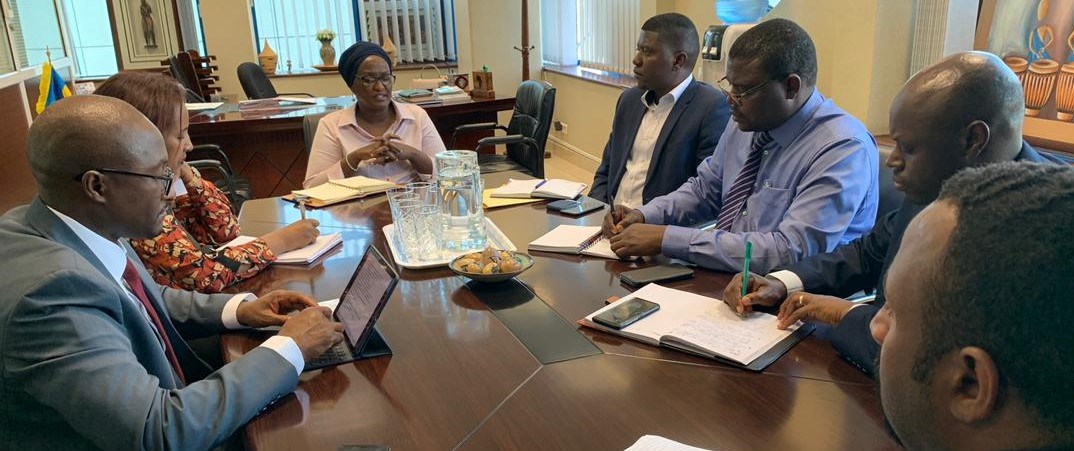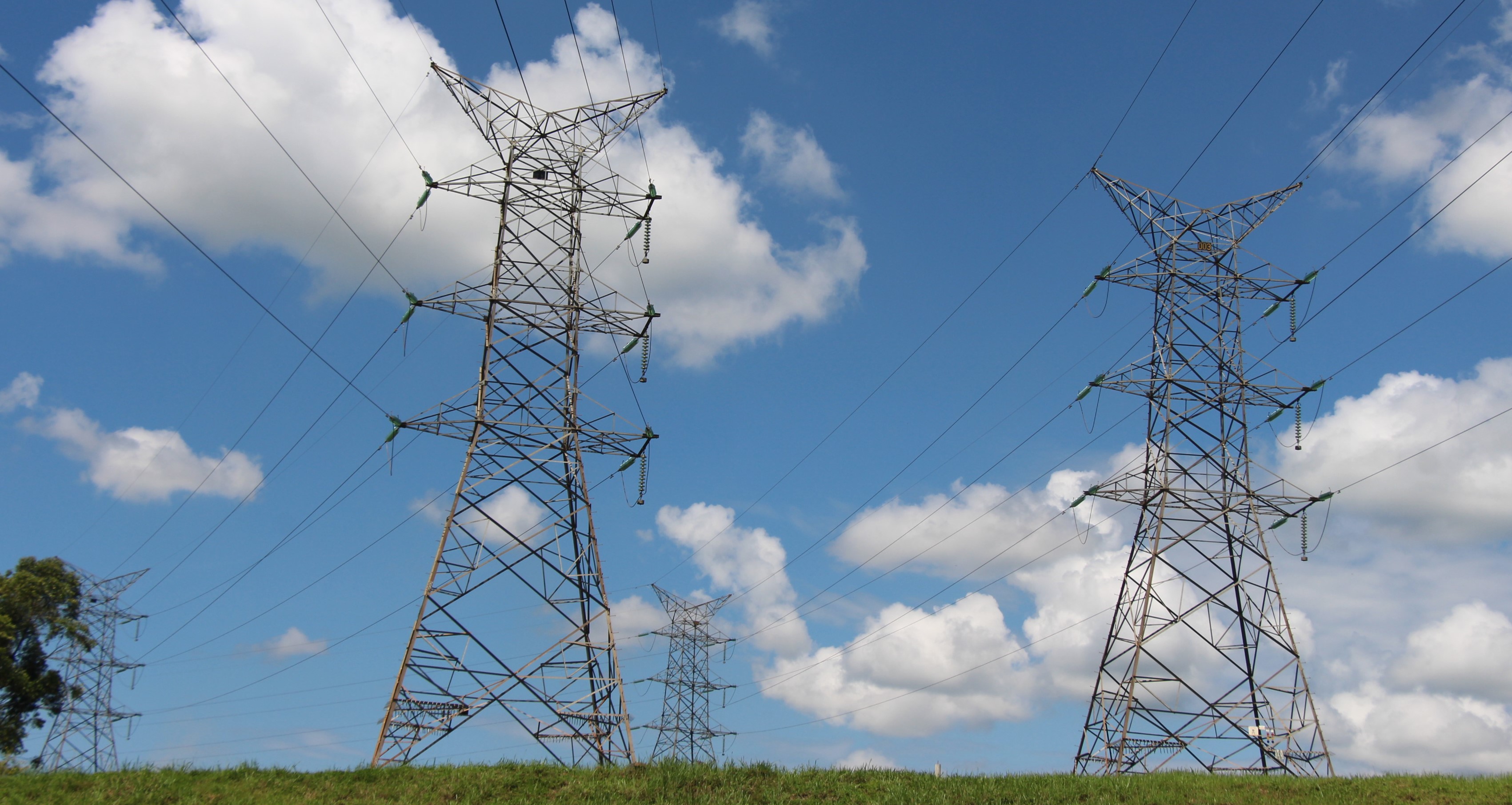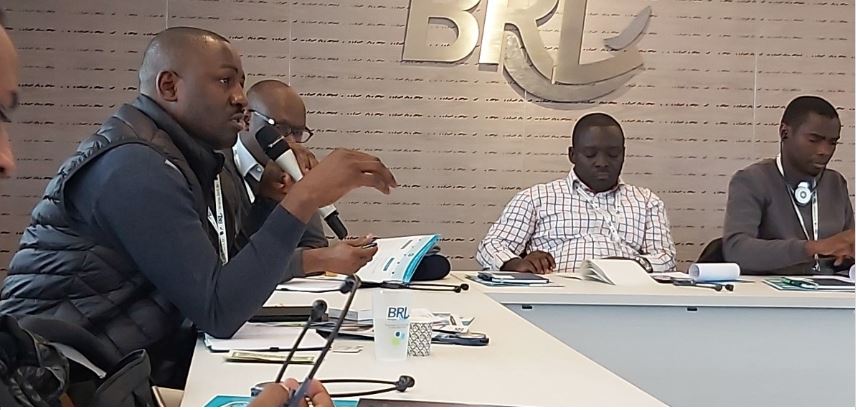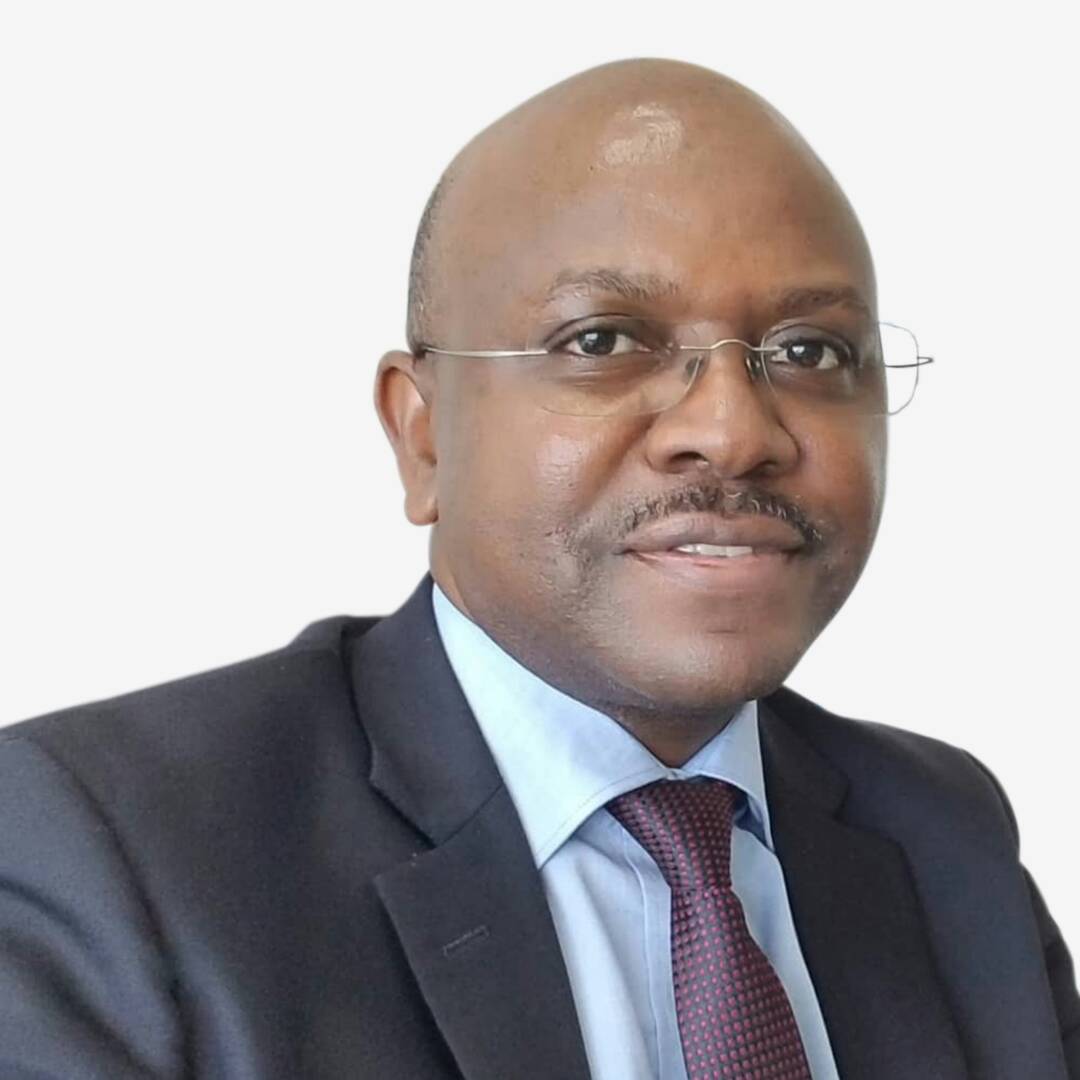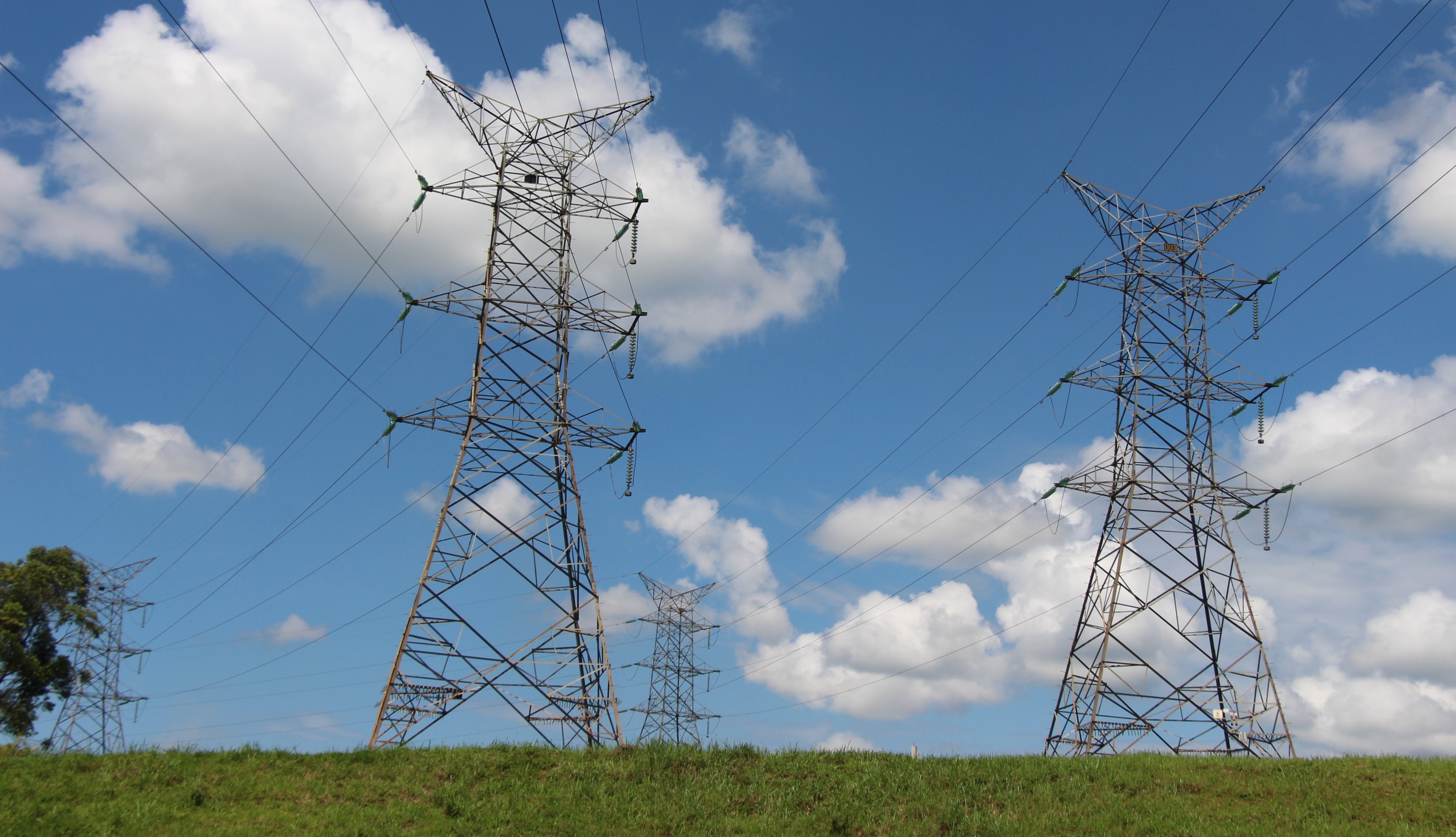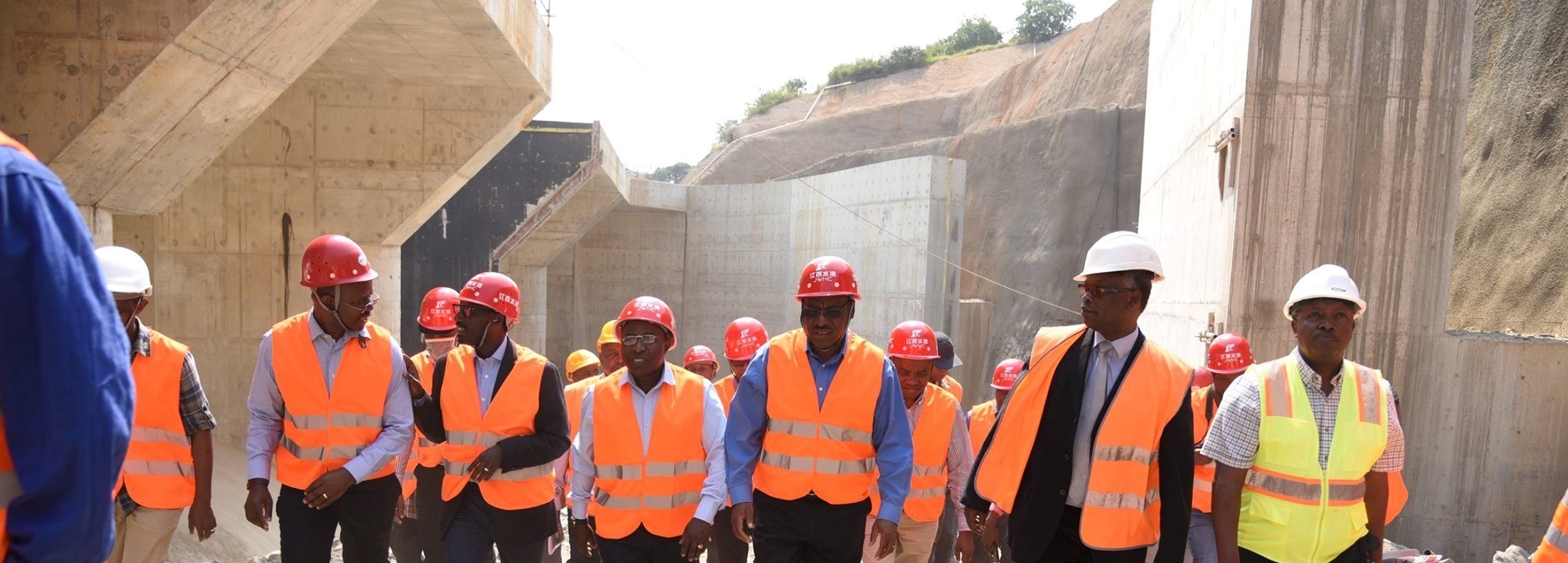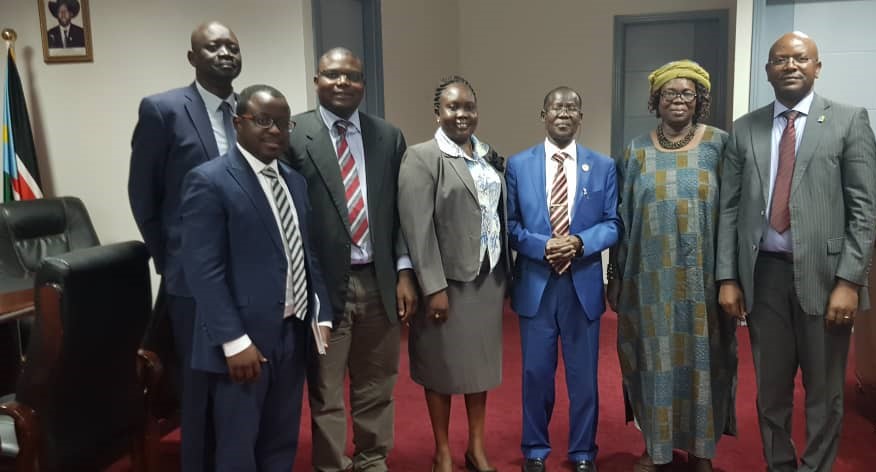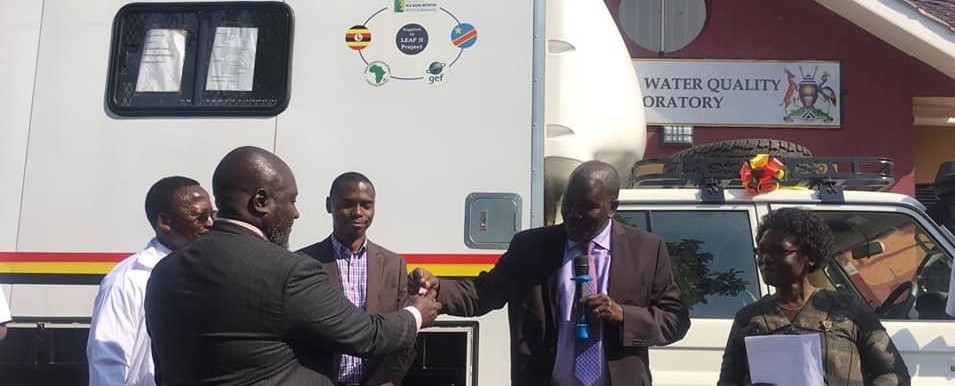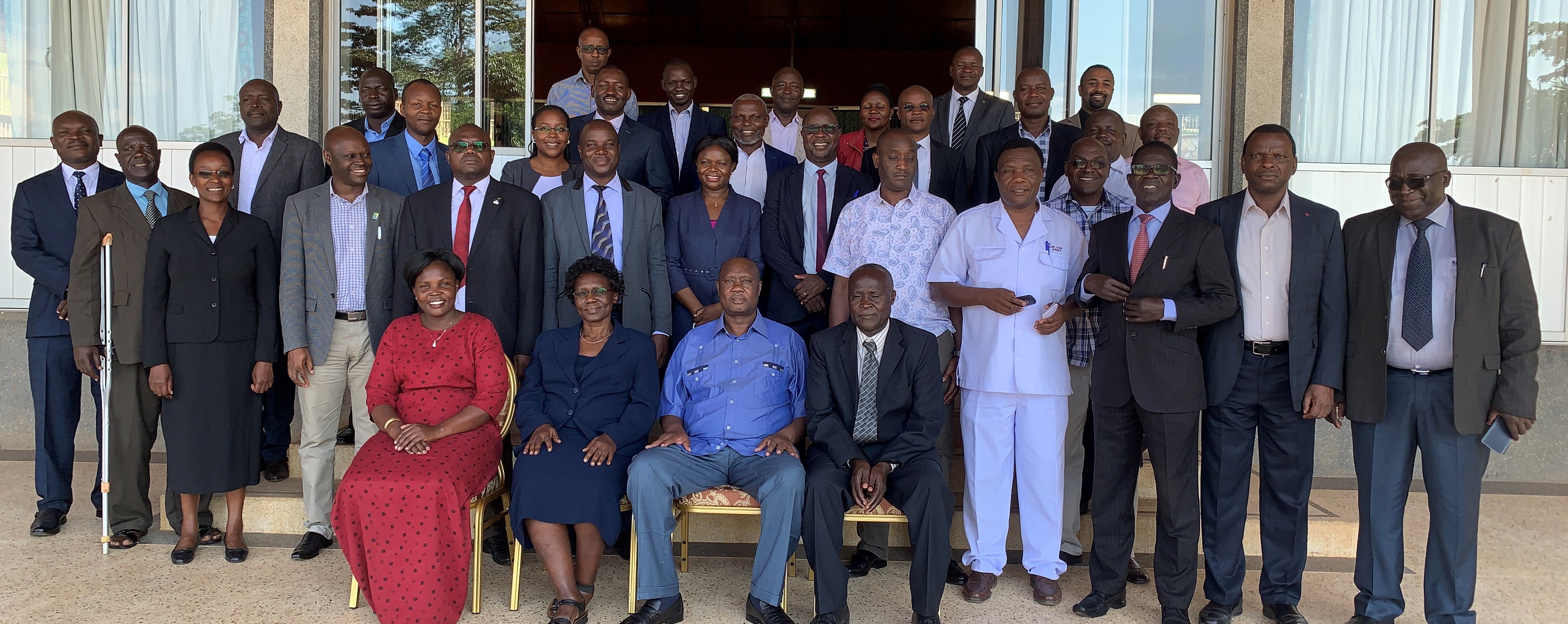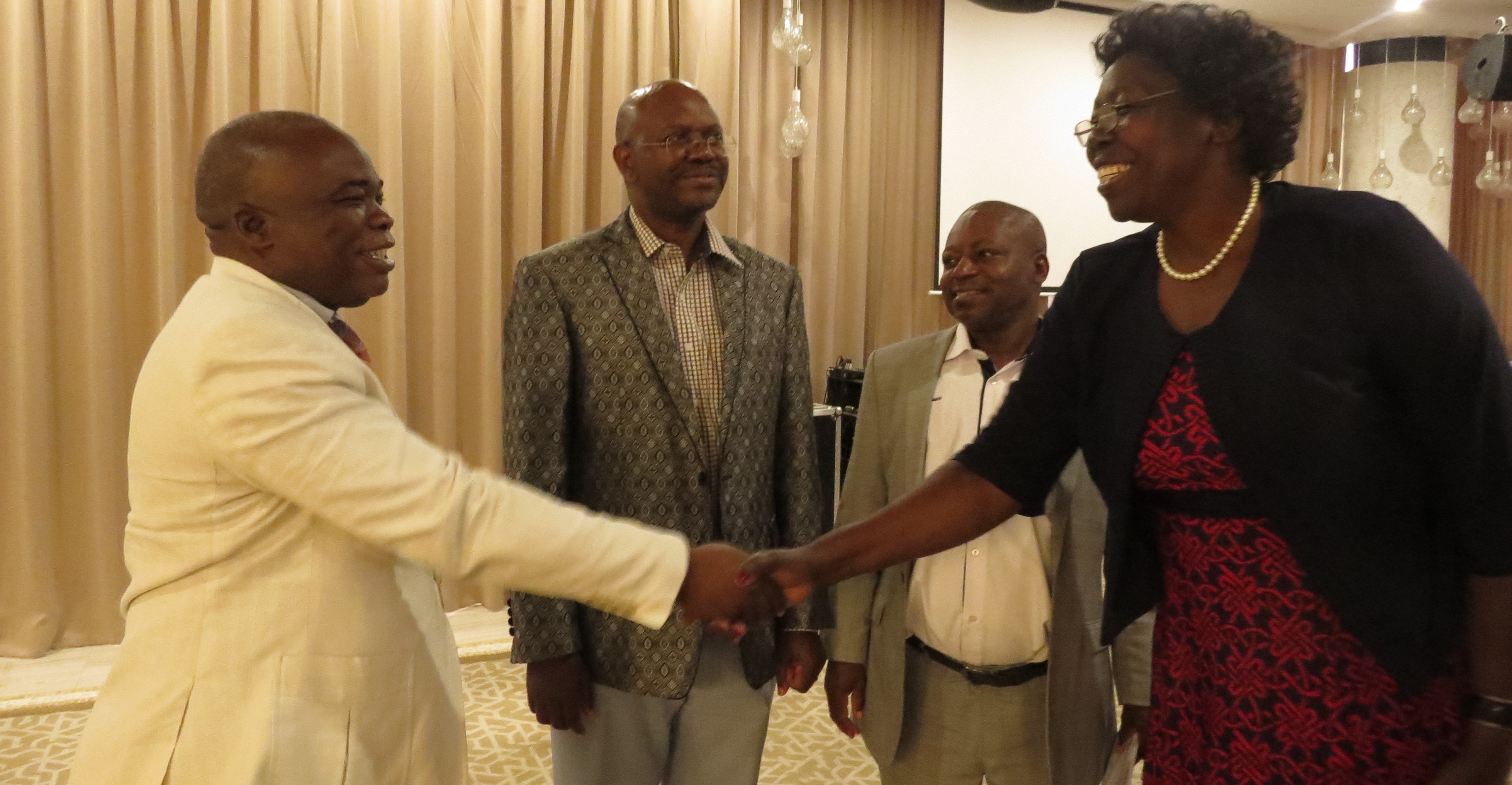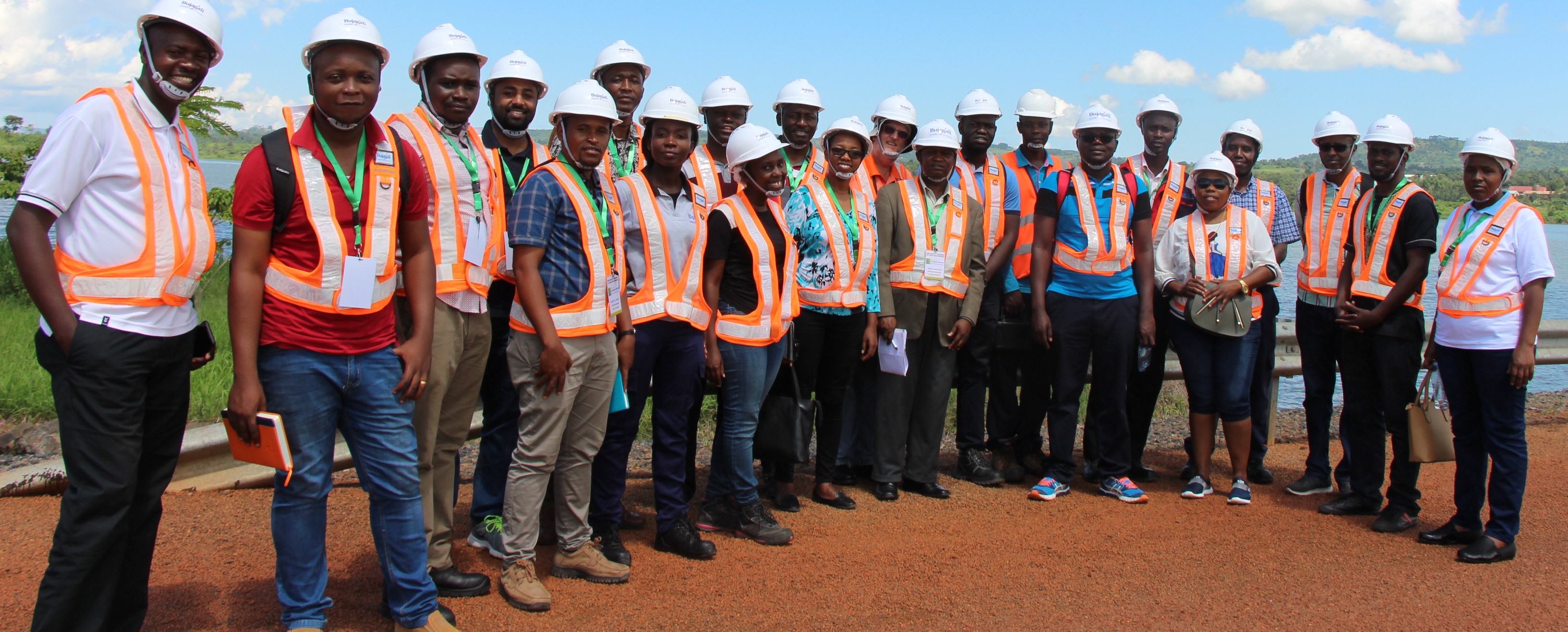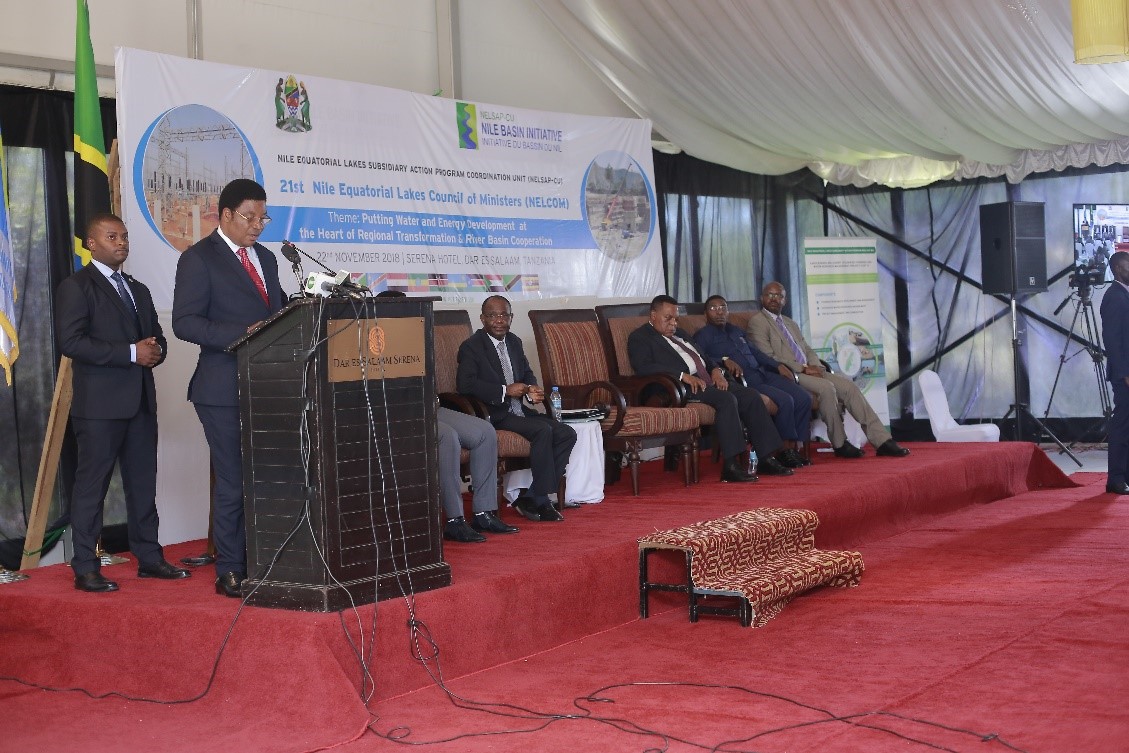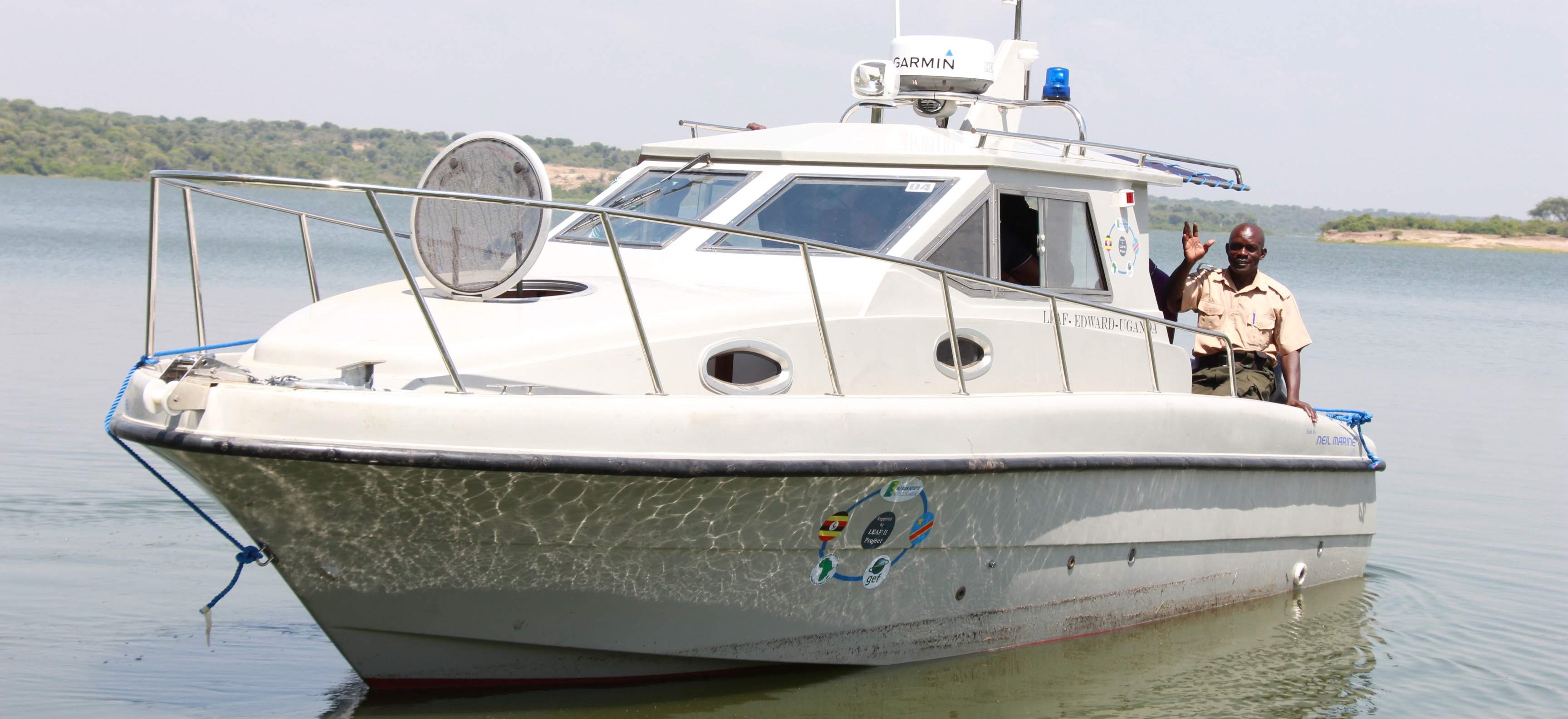NBI conducted a Q and A with Hon. Dr. Eng.Seleshi Bekele, Ethiopia Minister for Water, Irrigation and Energy Affairs and NELCOM chair in April 2021 as Ethiopia was hosting the Nile Basin Development Forum (NBDF) that was sponsored by GIZ on behalf of German Government. Below are excerpts from the interview.
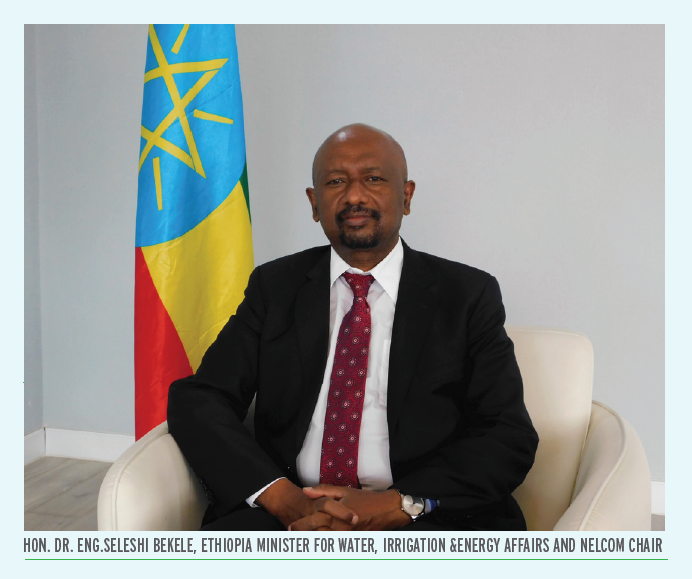
Q: The Nile Basin Development Forum (NBDF) is a high-level science-policy dialogue that provides an opportunity for sharing latest information, knowledge and best practices as well as building partnerships among professionals in trans-boundary water resources management and development. Can you please comment on how the forums have shaped Ethiopia’s Water Resources policy formulation, planning and management and development practices?
A: The Forums conducted so far have contributed towards creating common understanding among the Nile riparian countries and influencing their mutual engagement. In the case of Ethiopia, both the Ethiopian Water Resources Management Policy and the Ethiopian Water Sector Strategy promote and foster meaningful and mutually fair regional cooperation and agreements on the cooperative and efficient use of transboundary waters with riparian countries based on “equitable and reasonable use” principles. The contribution of the Forums to Ethiopia’s water resources planning, development and management may be demonstrated by its subjecting water resources development schemes to environmental and stakeholder considerations as well as meeting economic criteria: factoring in transboundary elements in the planning, design and development of infrastructure and water resources projects.
Q: As the host of the 6th Nile Basin Development Forum, how do you think the deliberations will influence how Member States plan and implement regional investments (i.e. joint investments between two or more Members States or by one country but with a scale of regional impact) in the Nile Basin?
A: The Nile Basin has a huge infrastructure deficit. Most of the basin inhabitants suffer from economic water scarcity. That means, while water is physically available, the population does not have access to it due to lack of infrastructure. Therefore, the basin states need to invest substantially to harness their water resources endowment. However, since the Nile is a shared river, they need to consider trans boundary effects in infrastructure projects. That is the reason the theme ‘rethinking regional investments’ is timely. Ethiopia believes in multilateral cooperation on water. As NBDF is a science policy dialogue forum attended by scientists, water resources experts and policy/ decision makers of the Nile Basin countries, the deliberations will certainly influence the planning and implementation of cooperative and national investment projects in Member States. As a practical work, Ethiopia has been keen in hydropower energy interconnection as one of regional integration vehicle, advancing the agenda of the Cooperative Framework Agreement (CFA) and a River Basin Commission for effective governance and integrated approach for the basin management.
Q: Previous Nile Basin Development Forum sessions have been physical interactions with participants from within the Nile Basin as well as those without. How do you evaluate the first ever virtual NBDF?
A: Virtual forum generally has its own advantage that it is low carbon footprint, reduces the hassle of travels and similar factors. On the other hand, it is disadvantageous that the NBDF could not meet for physical and emotional togetherness, undertake bilateral and informal talks, missed the opportunity of diverse ways of communications. Staying safe, but also continuation of the business of NBDF as it happened in the 6th forum has been useful.
Q: Ethiopia hosts one of two NBI investment programmes offices – ENTRO and this year it is hosting the Nile Basin Development Forum for the 2nd time (the first was the inaugural forum in 2006). Why do you think Nile cooperation is so crucial for NBI Member States? (b) How do you appraise the return to Ethiopia of her investment in the Nile Basin Initiative?
A: Ethiopia tabled several water resources development (hydropower, irrigation, and watershed) projects that have regional significance and multiple benefits to the riparian countries. Independent studies commissioned by ENCOM proved this. For example, the Scoping study: Opportunities for Cooperative Water Resources Development on the Eastern Nile: Risks and Rewards. The Study found that these projects would generate large amounts of hydropower and would provide important multipurpose benefits to downstream riparian’s, including flood control, sediment management, and improved navigation. The studies showed environmental issues would be minimal (and can be mitigated), and reservoir evaporation losses would be small. The Study thus concluded that the Blue Nile sub-basin in Ethiopia provides the best opportunities for a first set of Joint Multipurpose Project investments. Water storage and hydropower generation facilities in this sub-basin could be complemented by investments in watershed management and irrigated agriculture.
Only preparation and implementation of some small-scale irrigation and watershed management projects including facilitation of the Ethiopia-Sudan 132 KV transmission interconnection were carried out in the early days of ENSAP.
ENTRO /ENSAP was established to help countries prepare and implement investment projects that benefit the riparian. Ethiopia has great expectations from NBI investment projects and the NBI development partners, who have made strong commitments to support cooperative efforts. So far Ethiopia has not adequately benefitted from NBI. Regardless, Ethiopia is committed to the Nile cooperation and the NBI. Ethiopia has always been paying its annual contribution to the NBI centres on time and it will continue its unwavering support to the NBI which it believes is crucial for all Member States.

